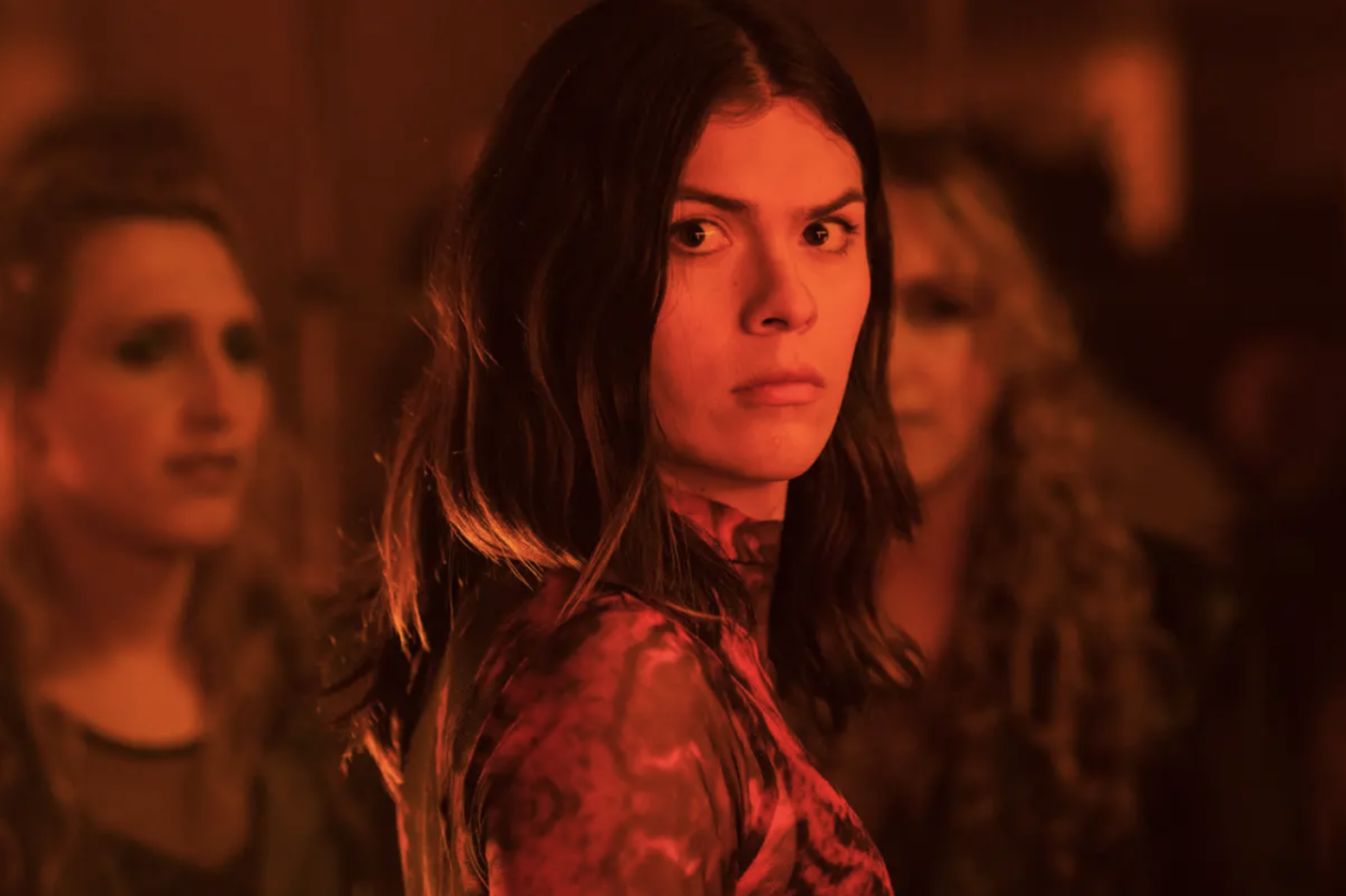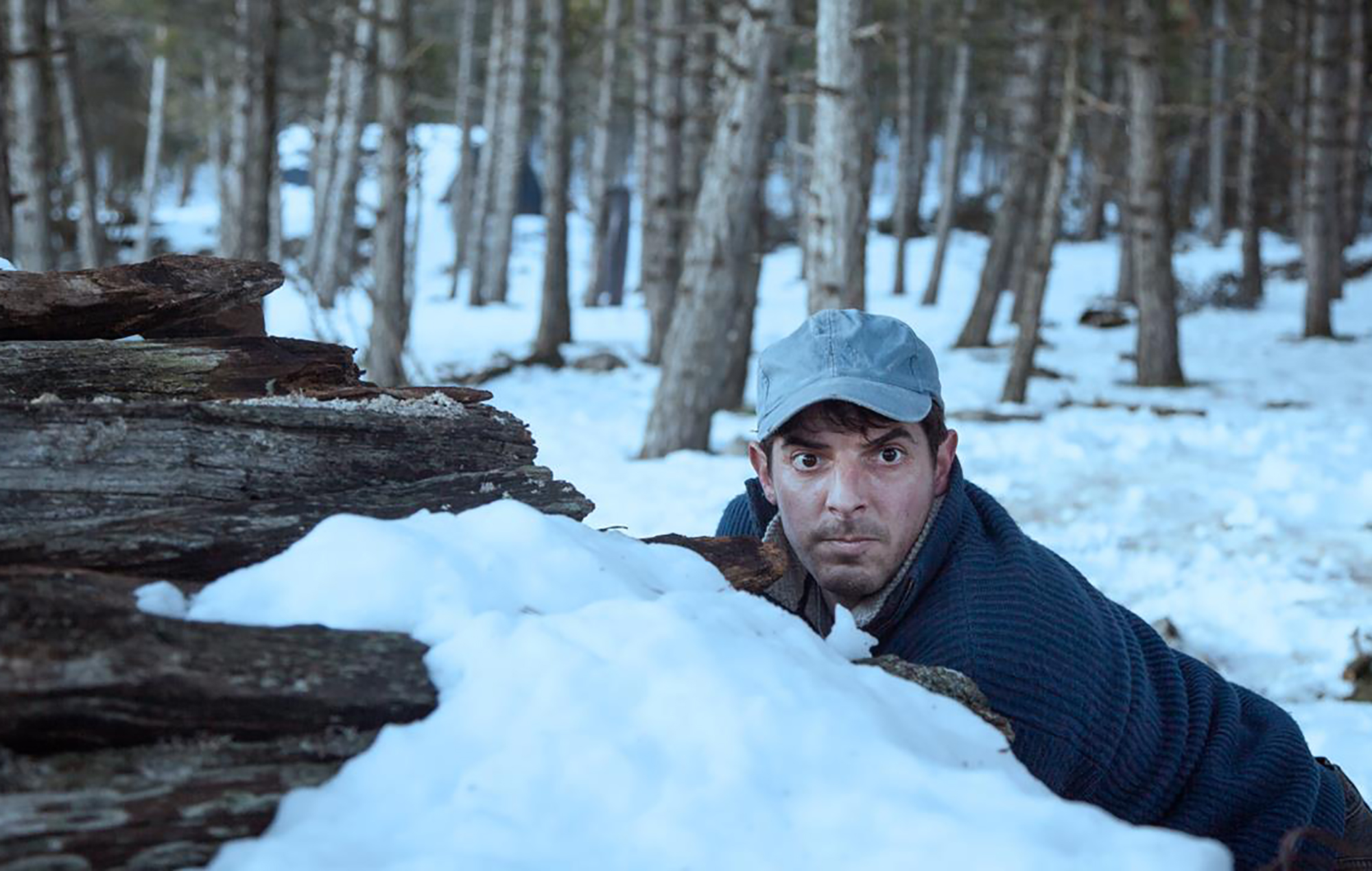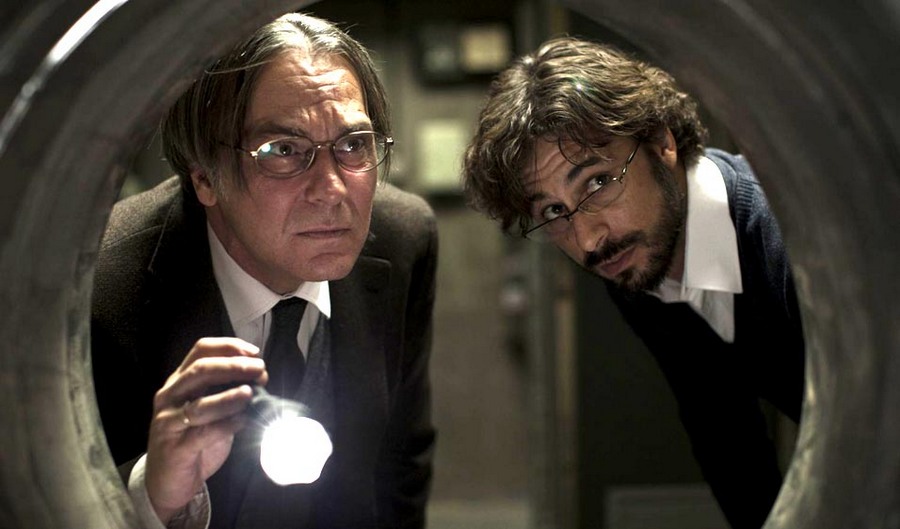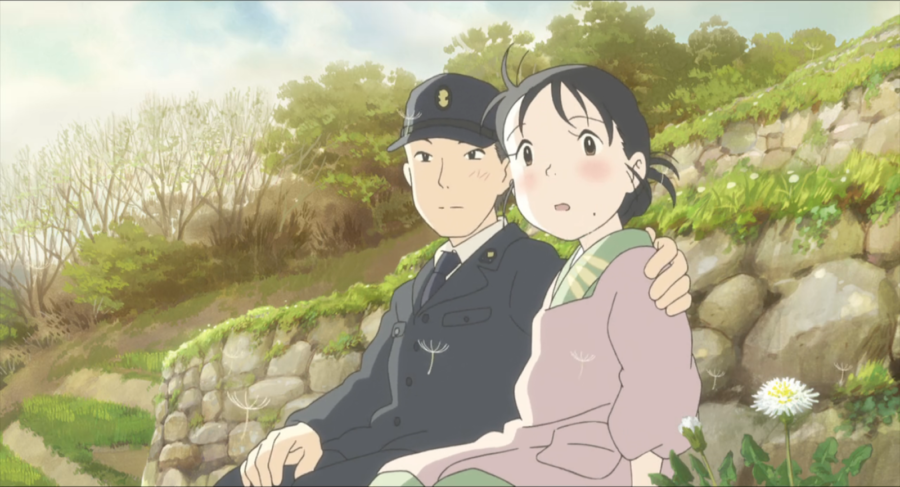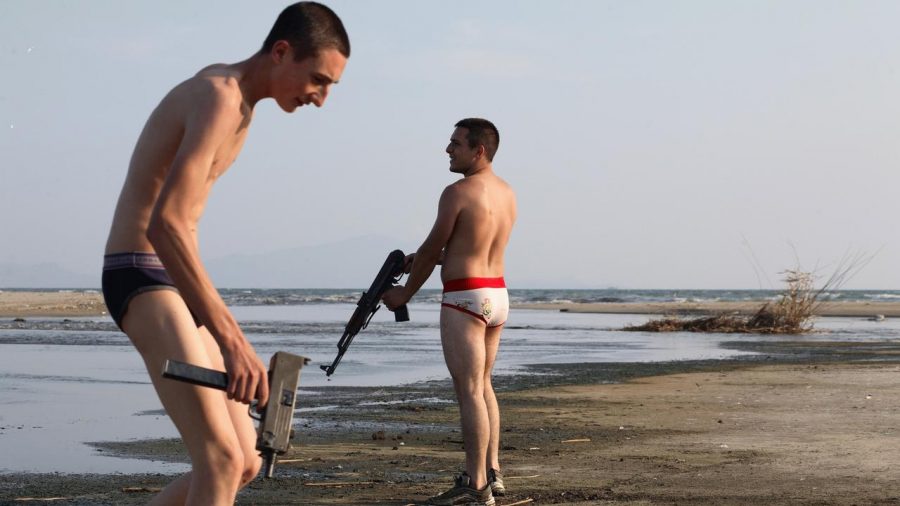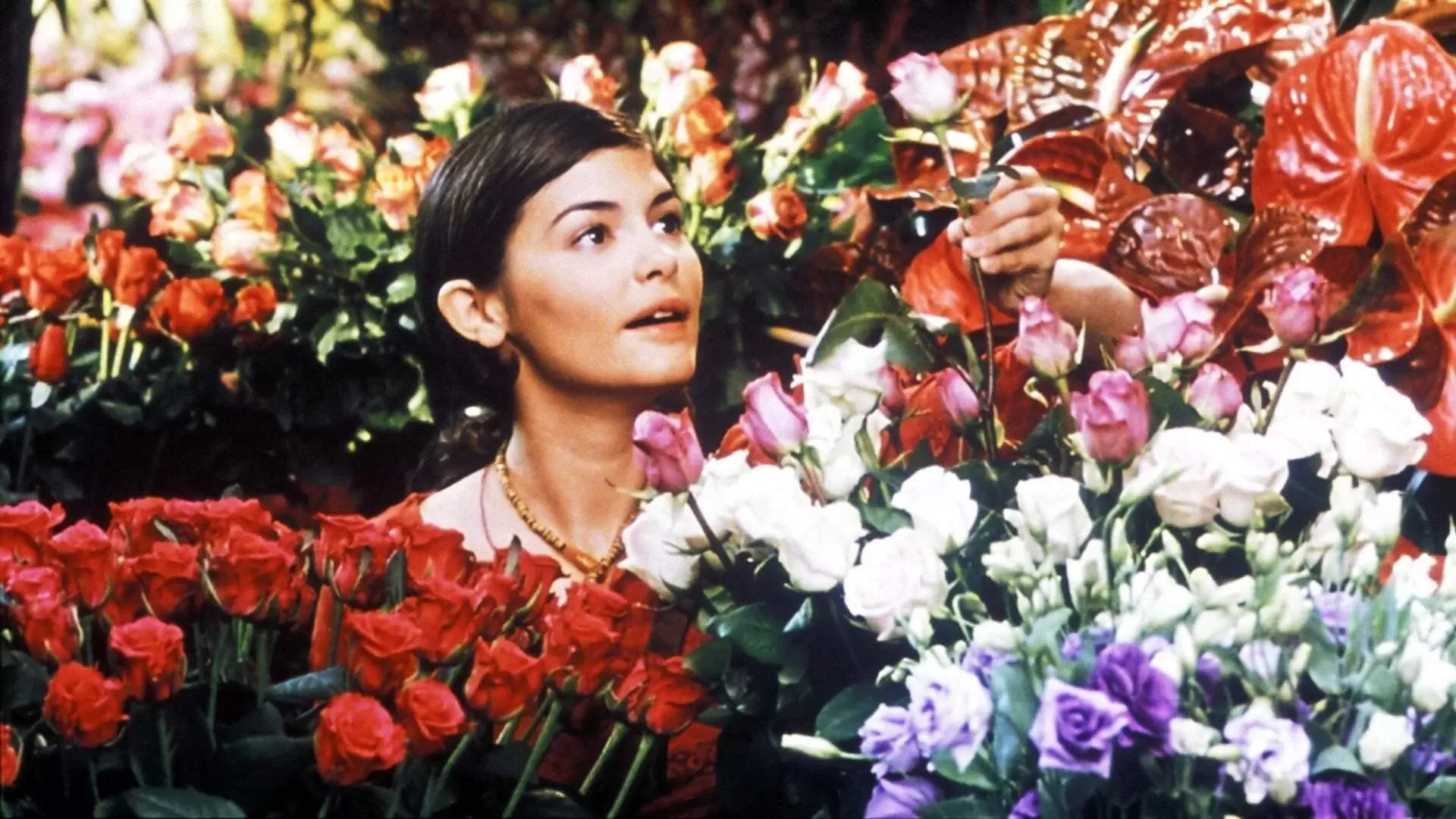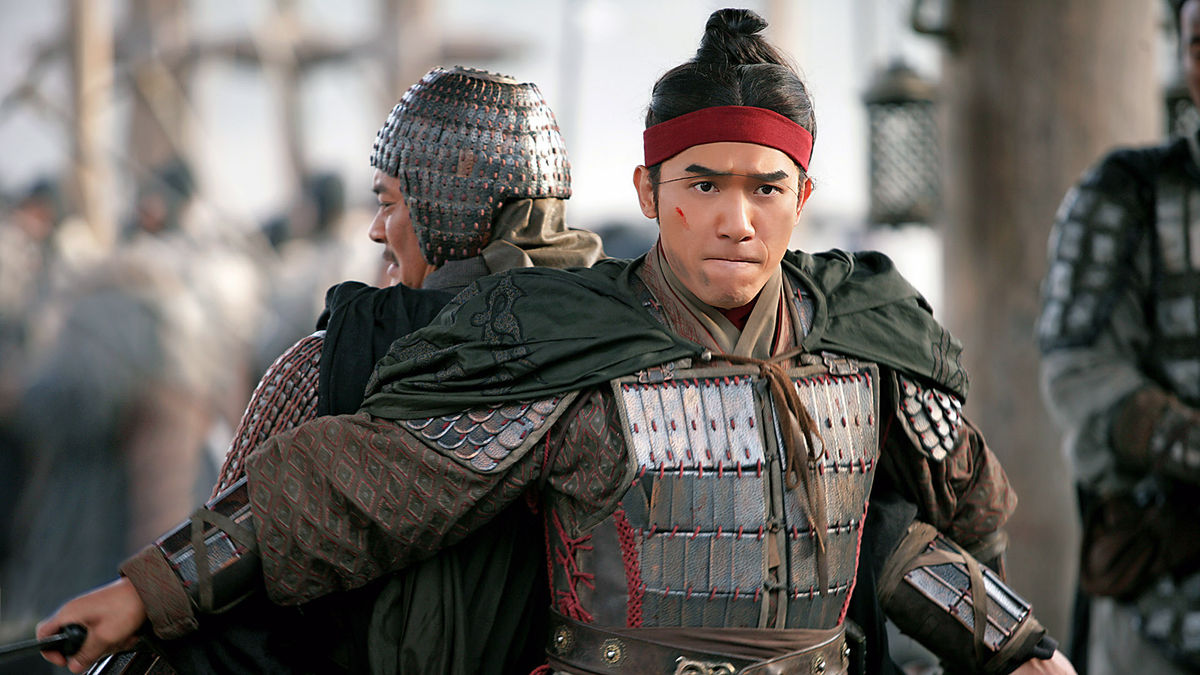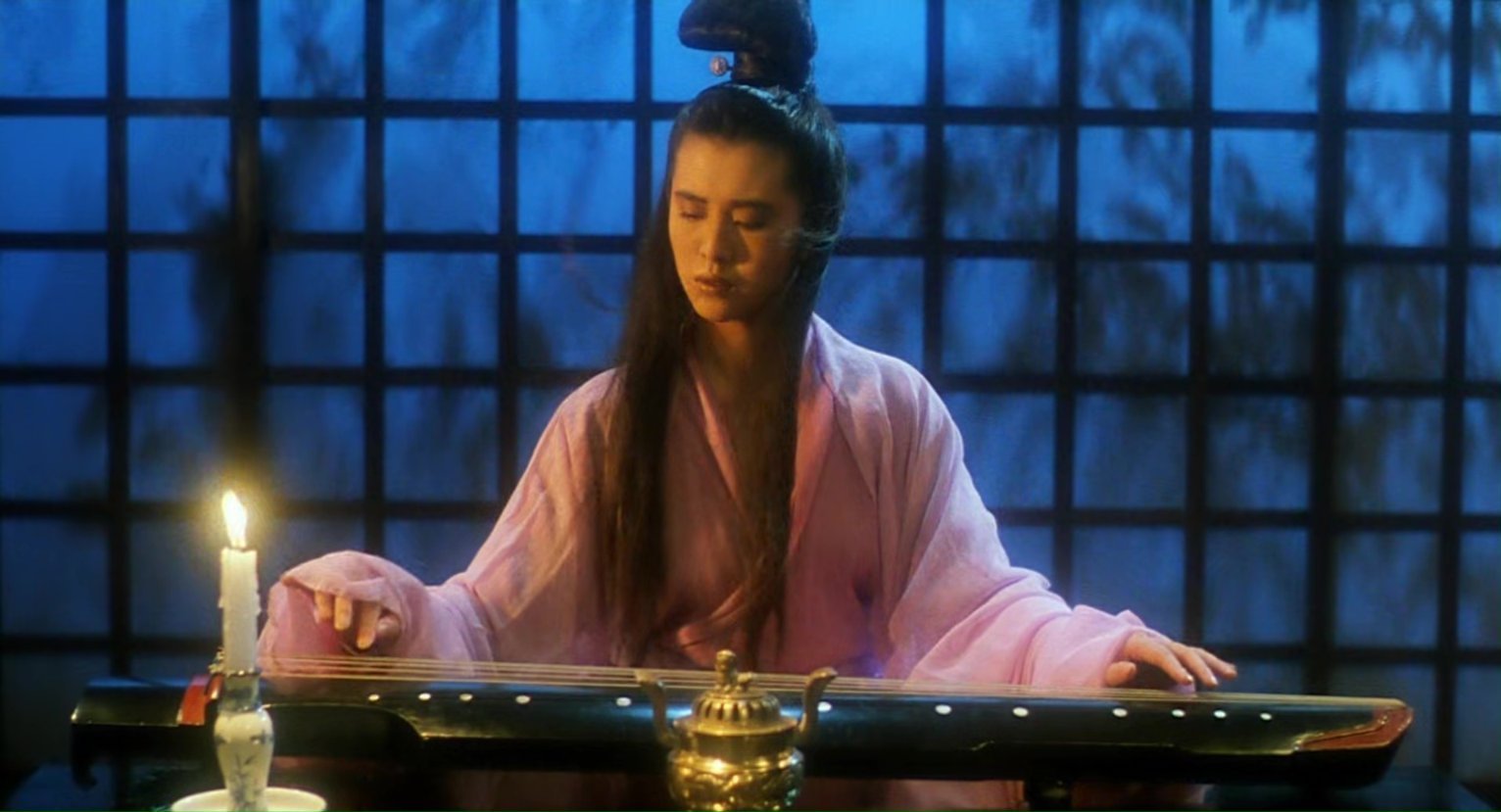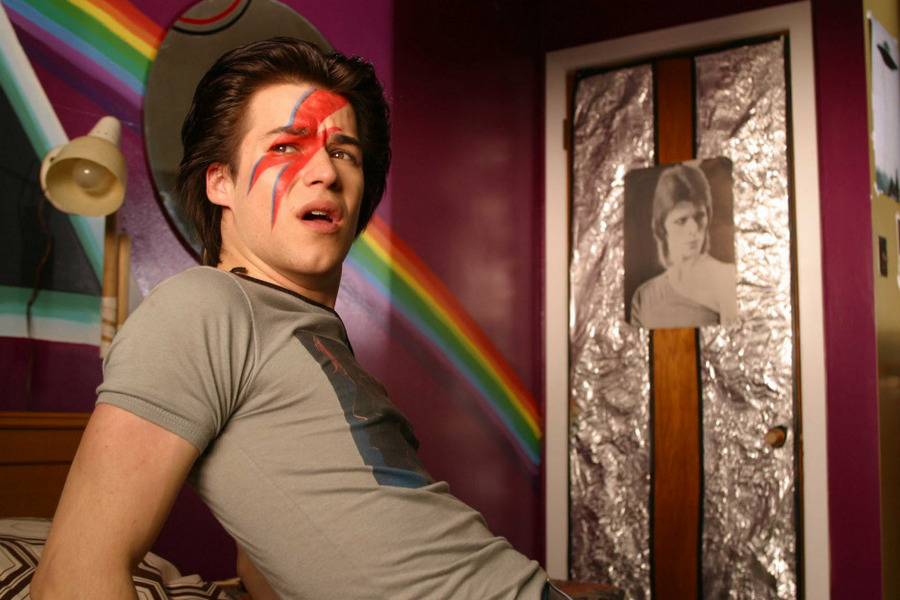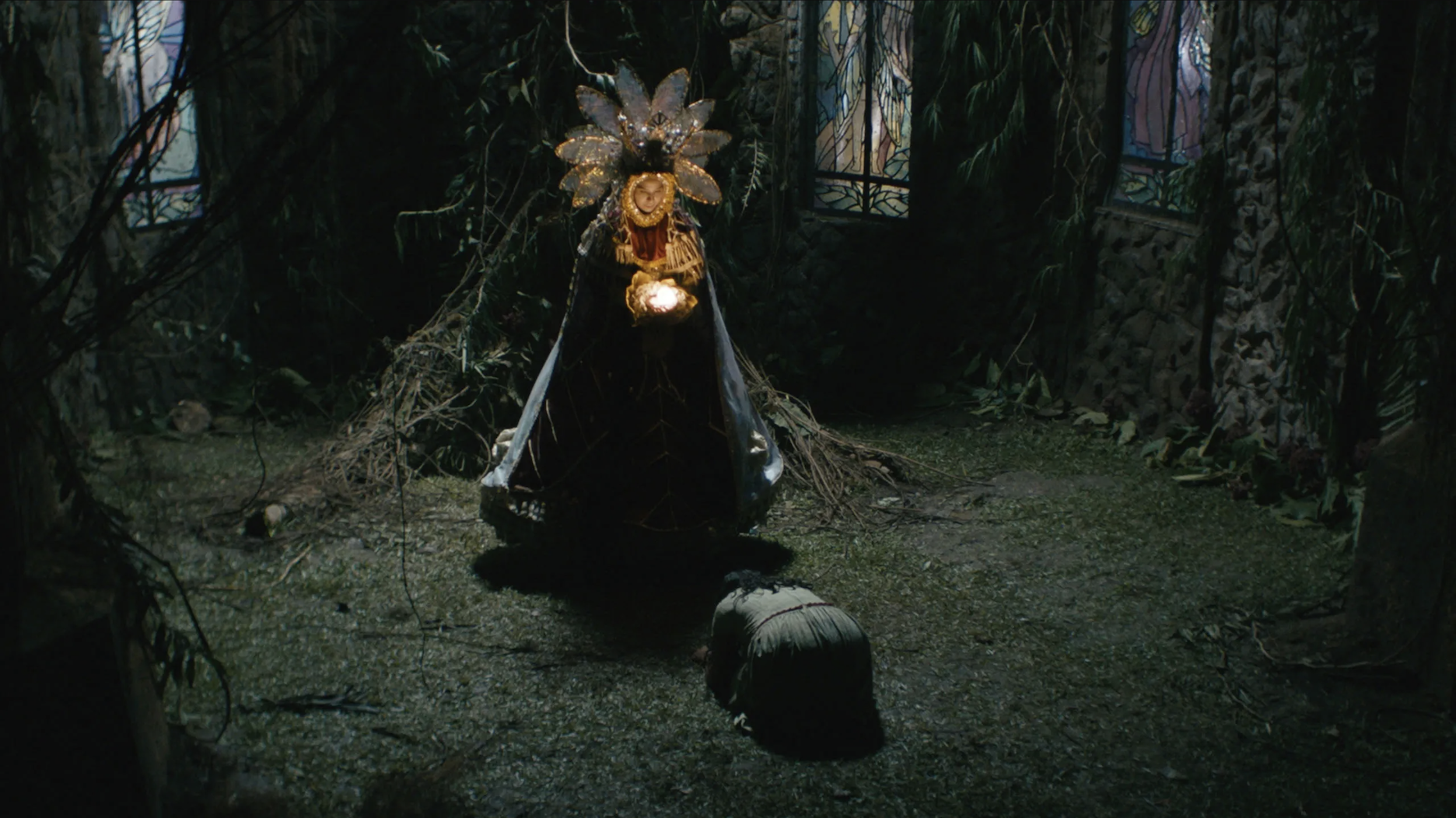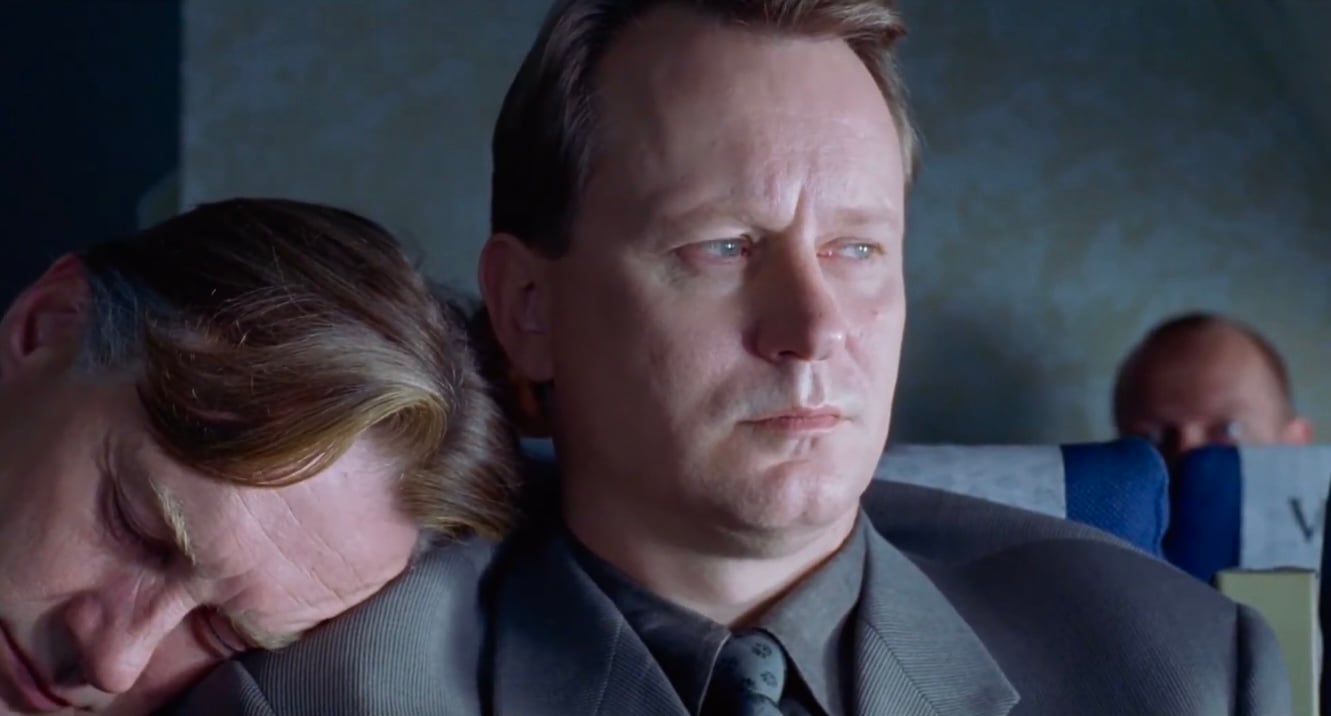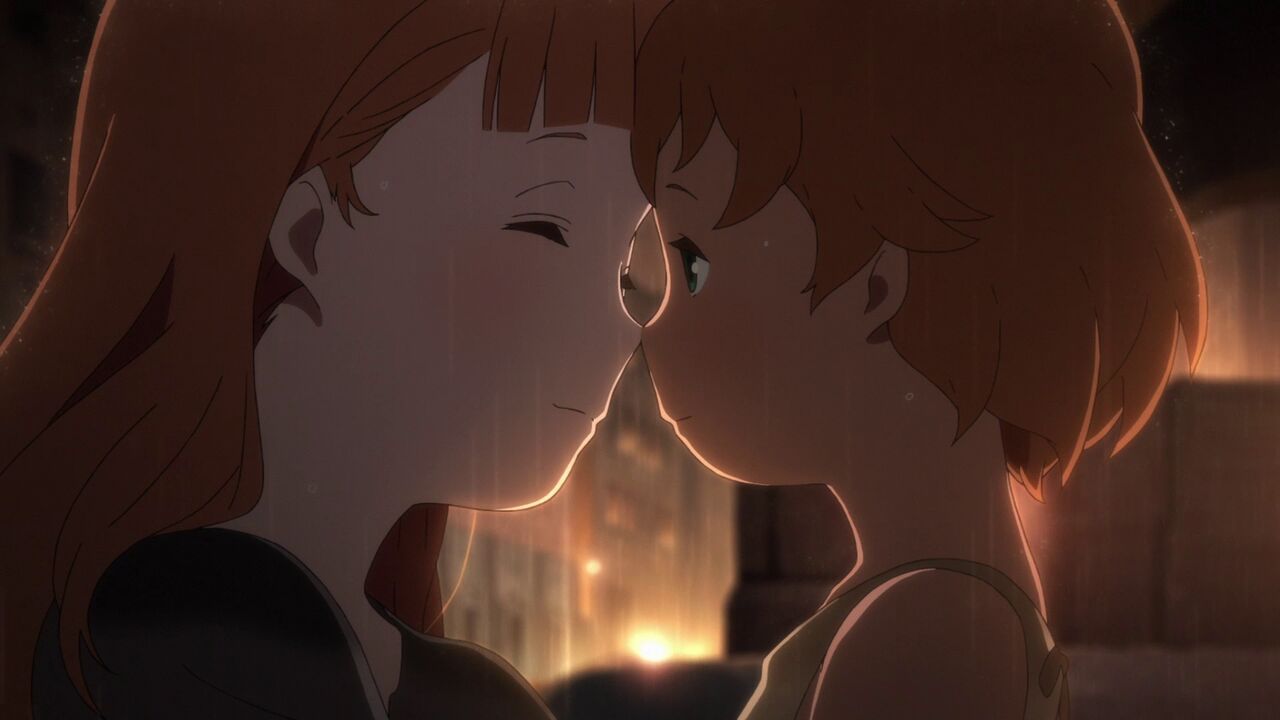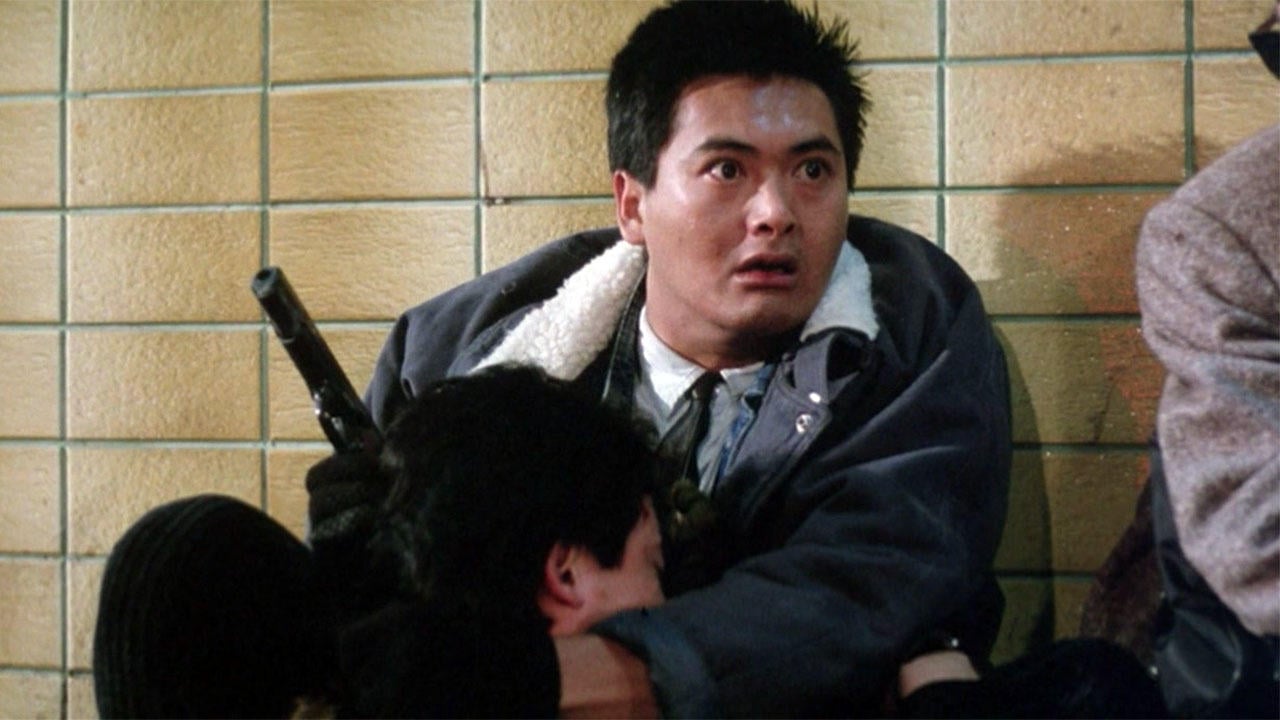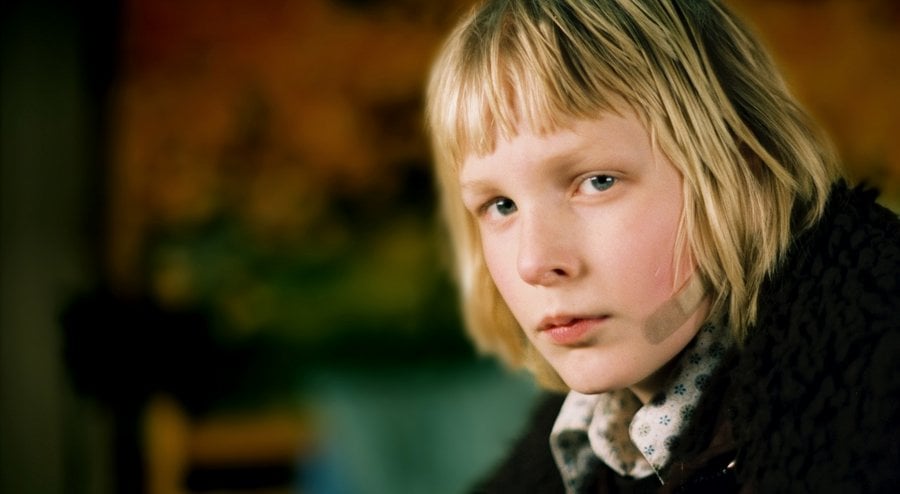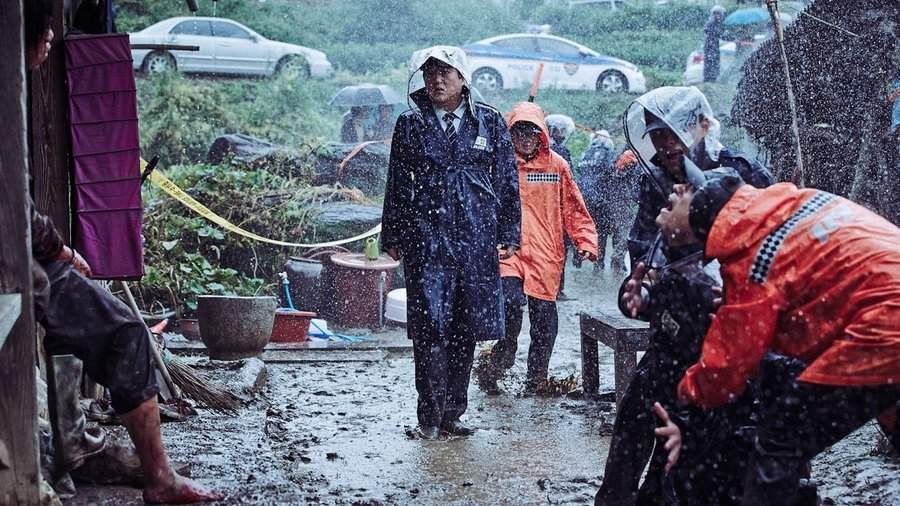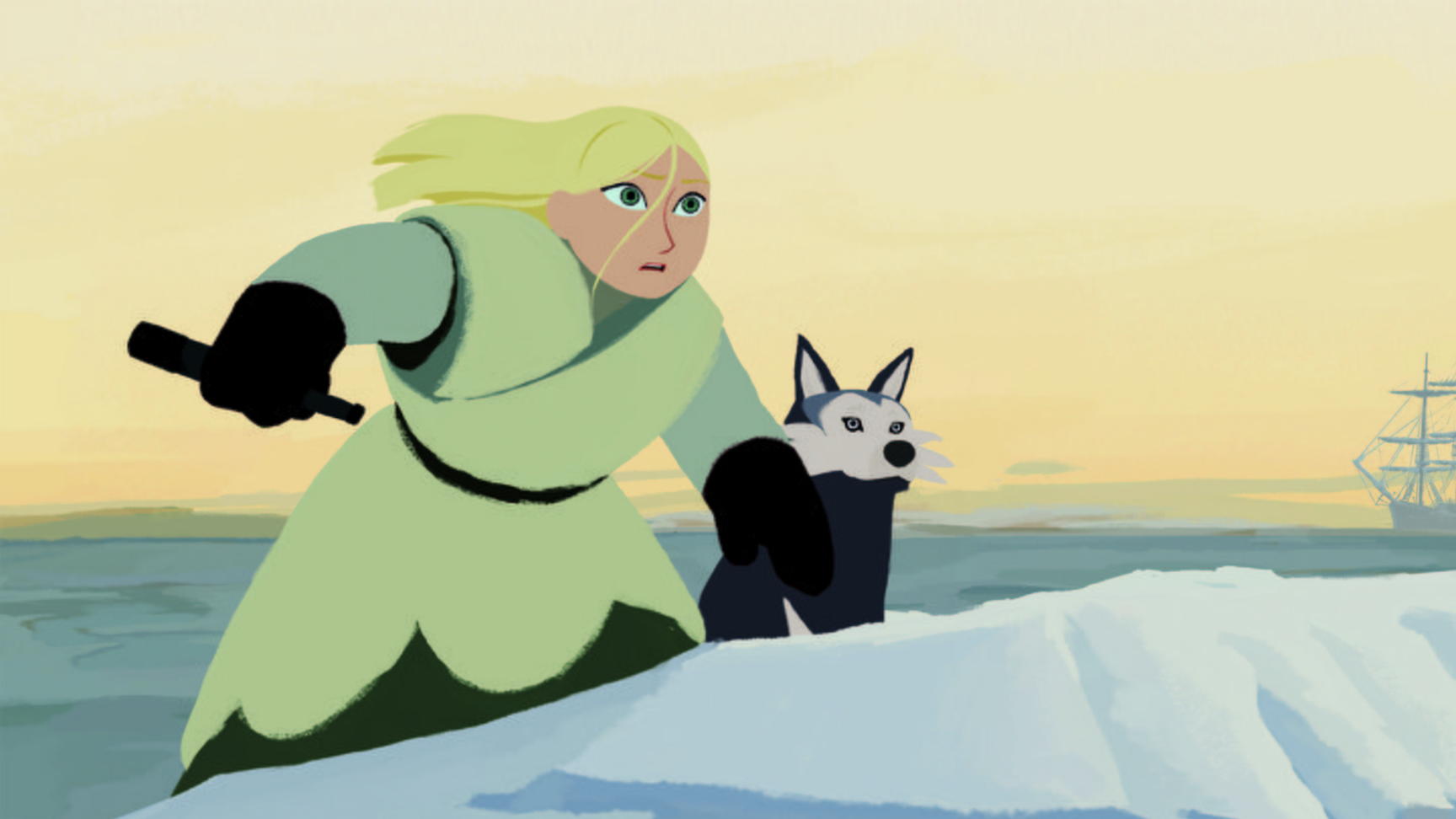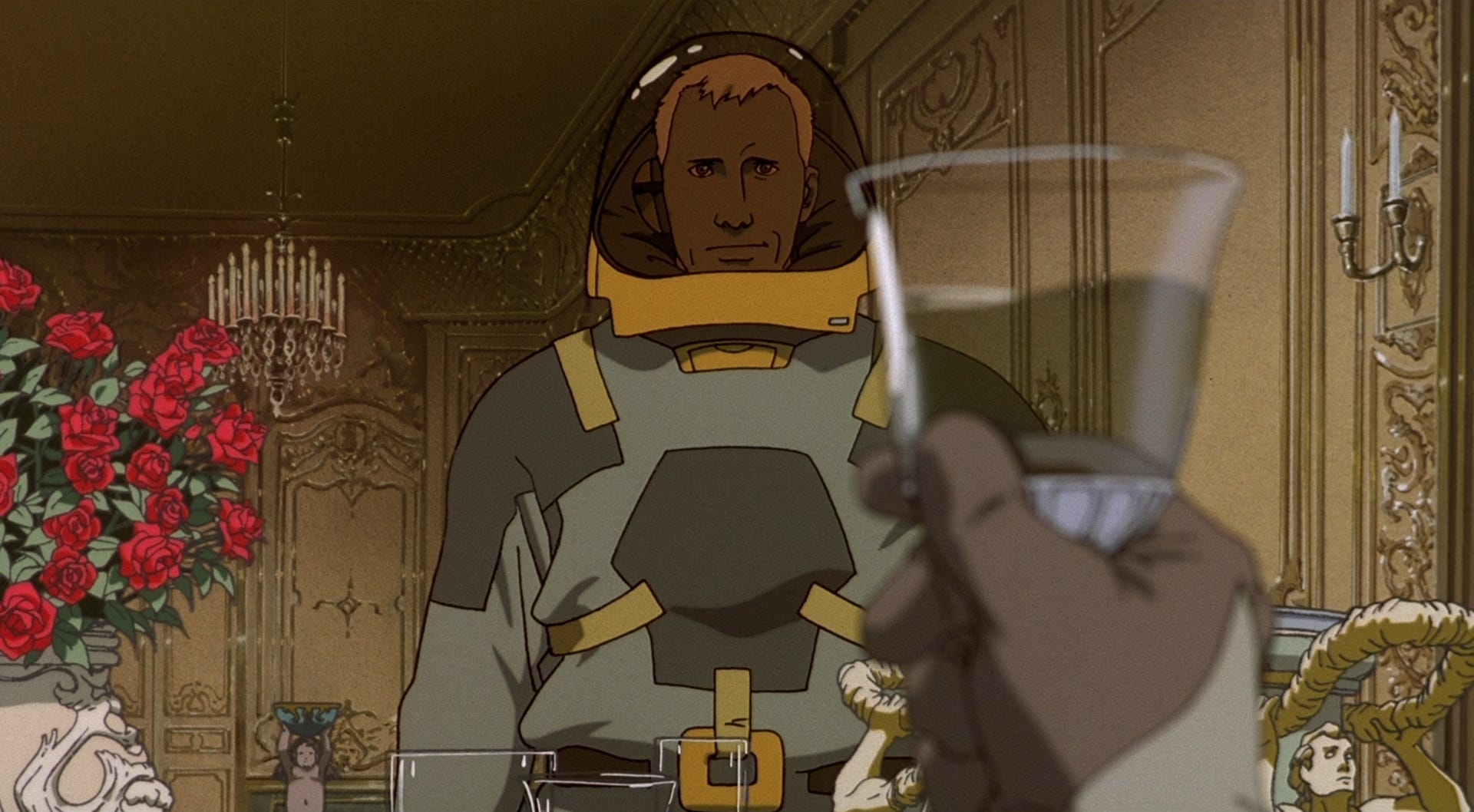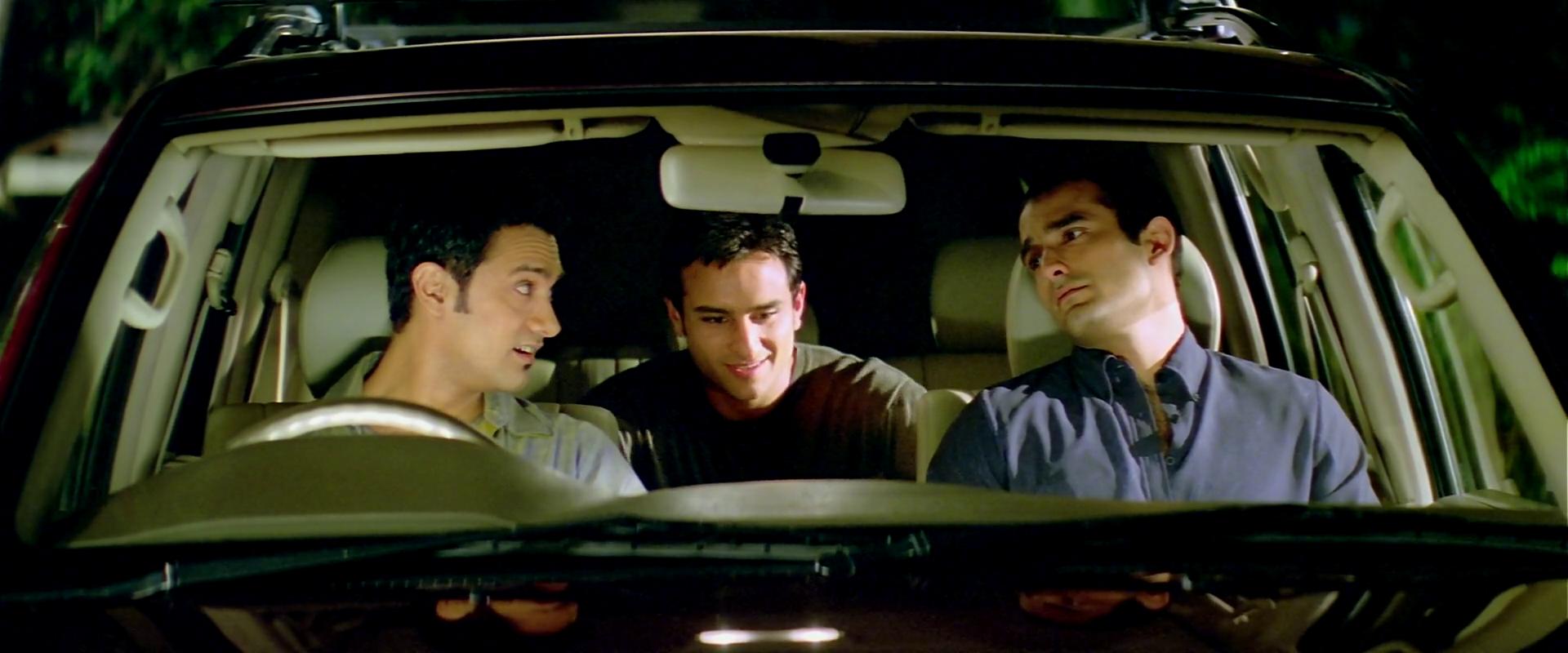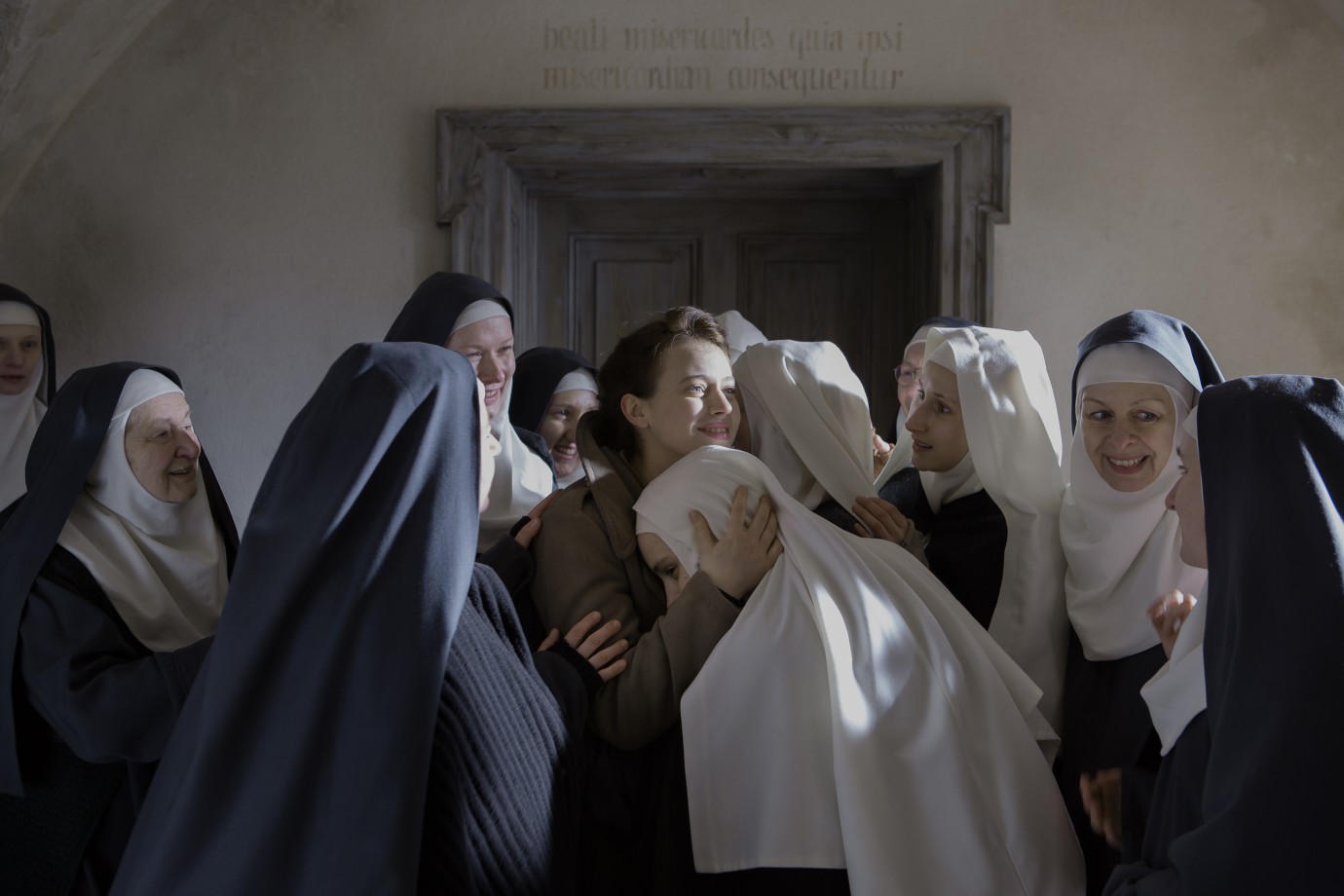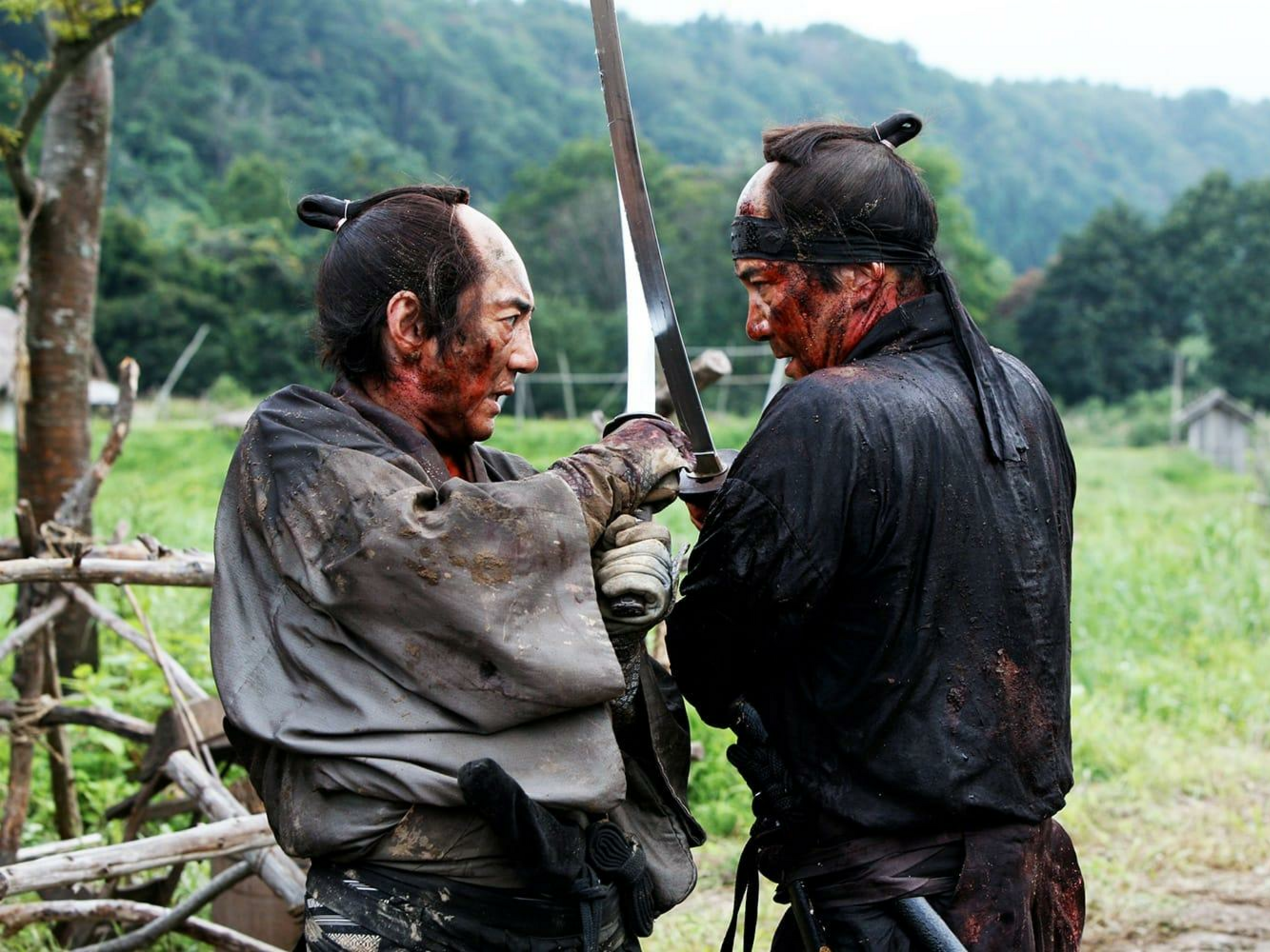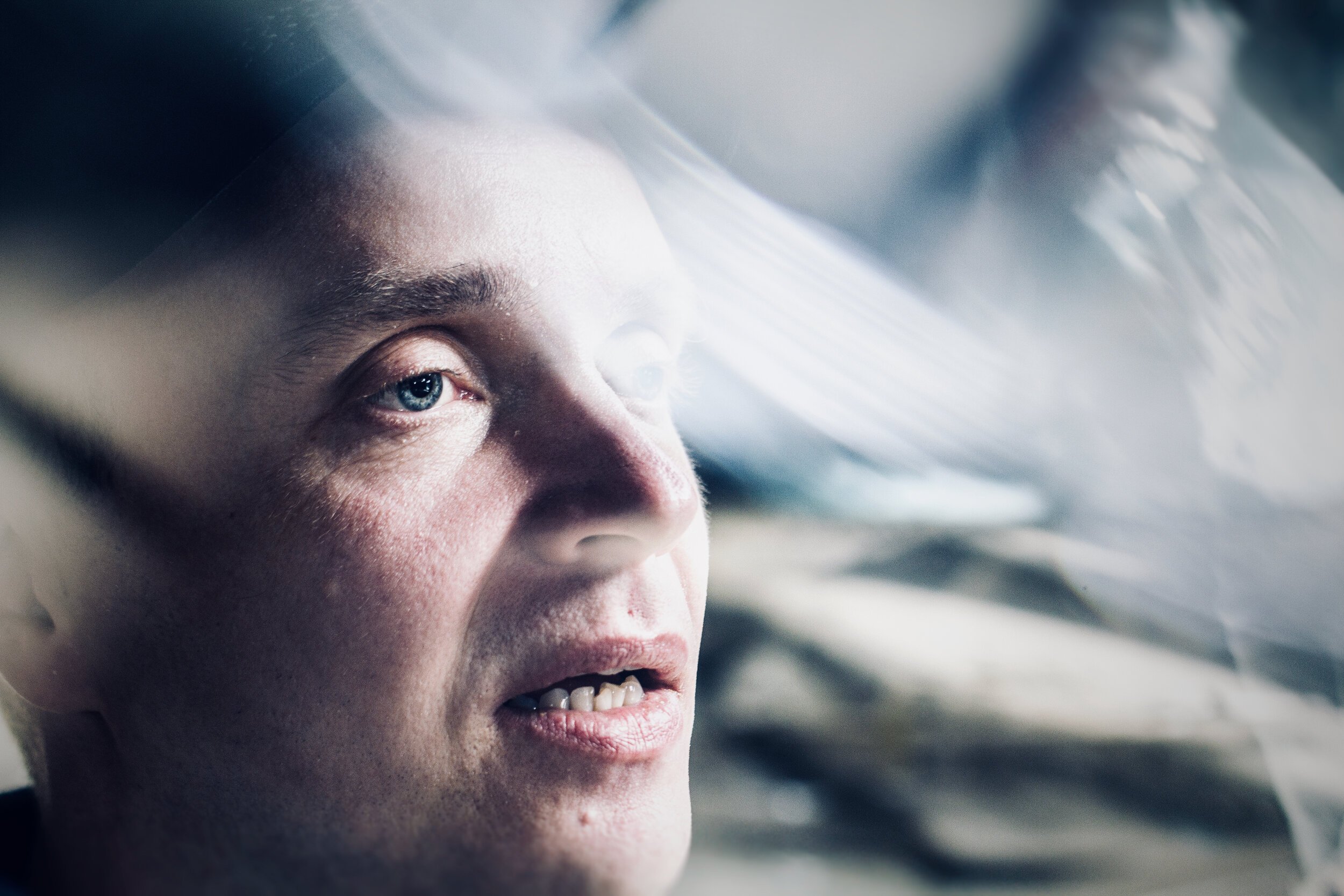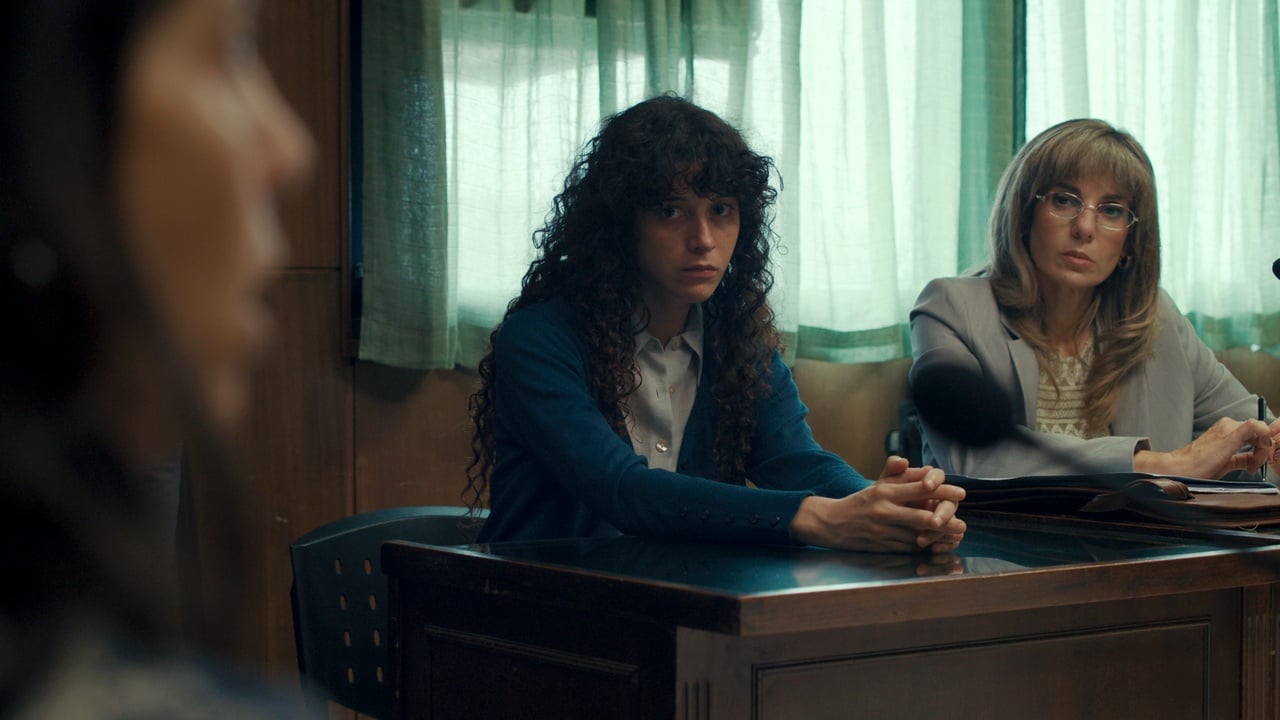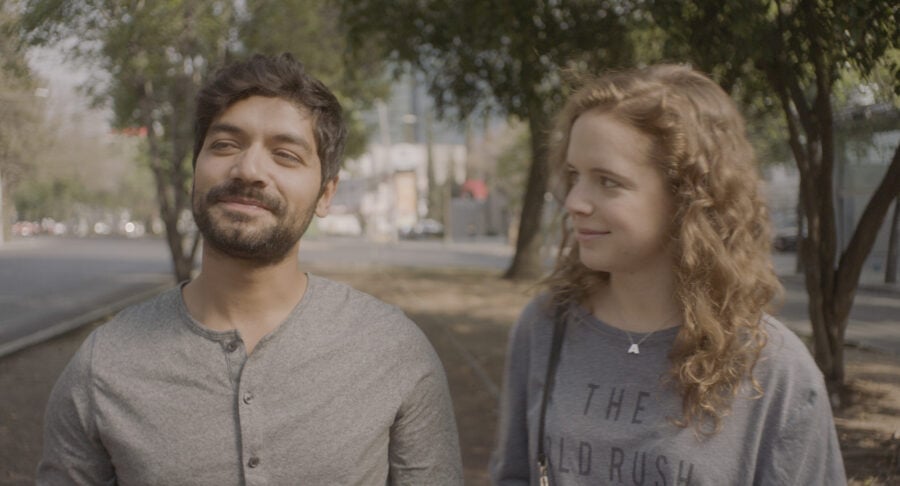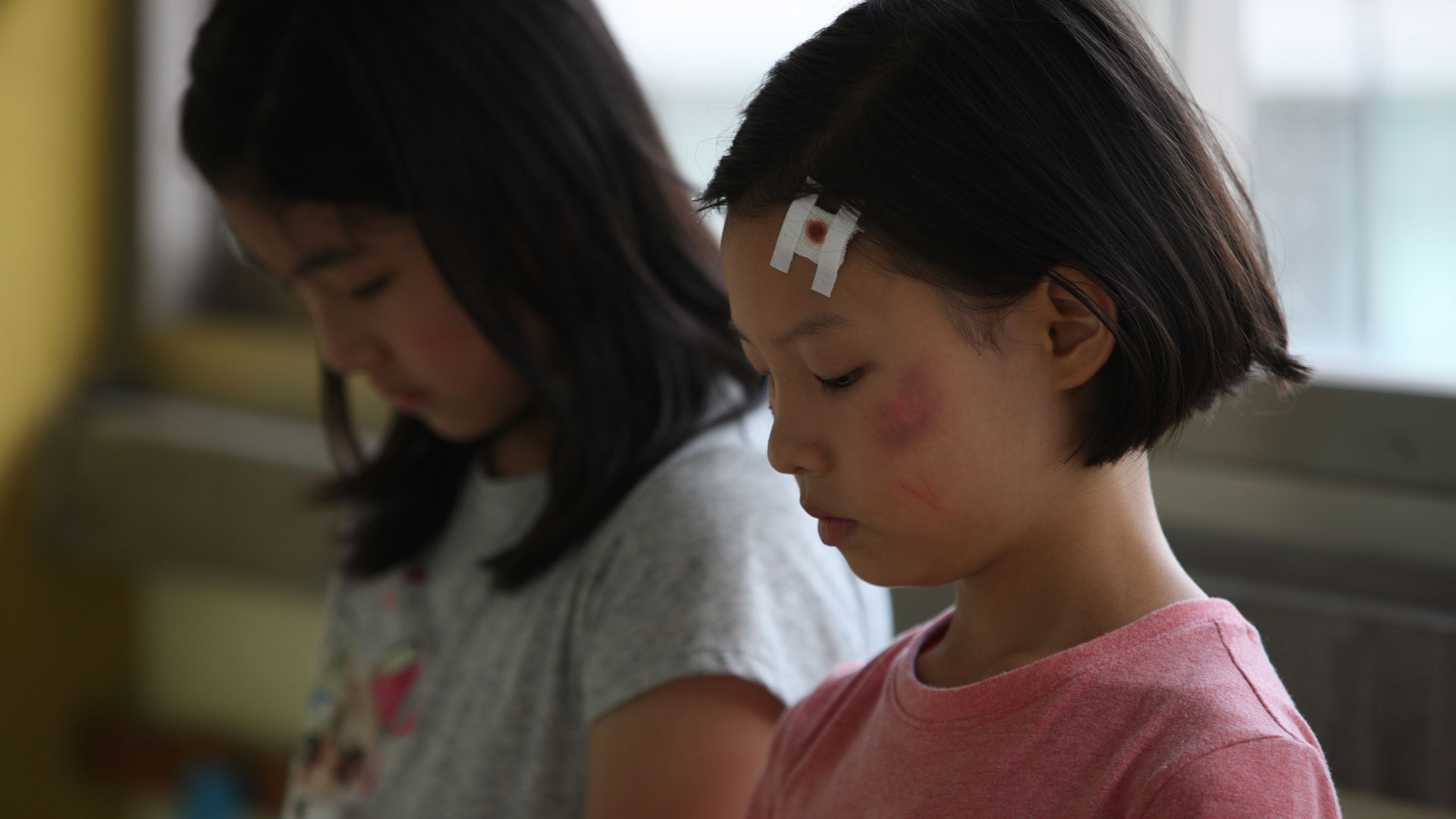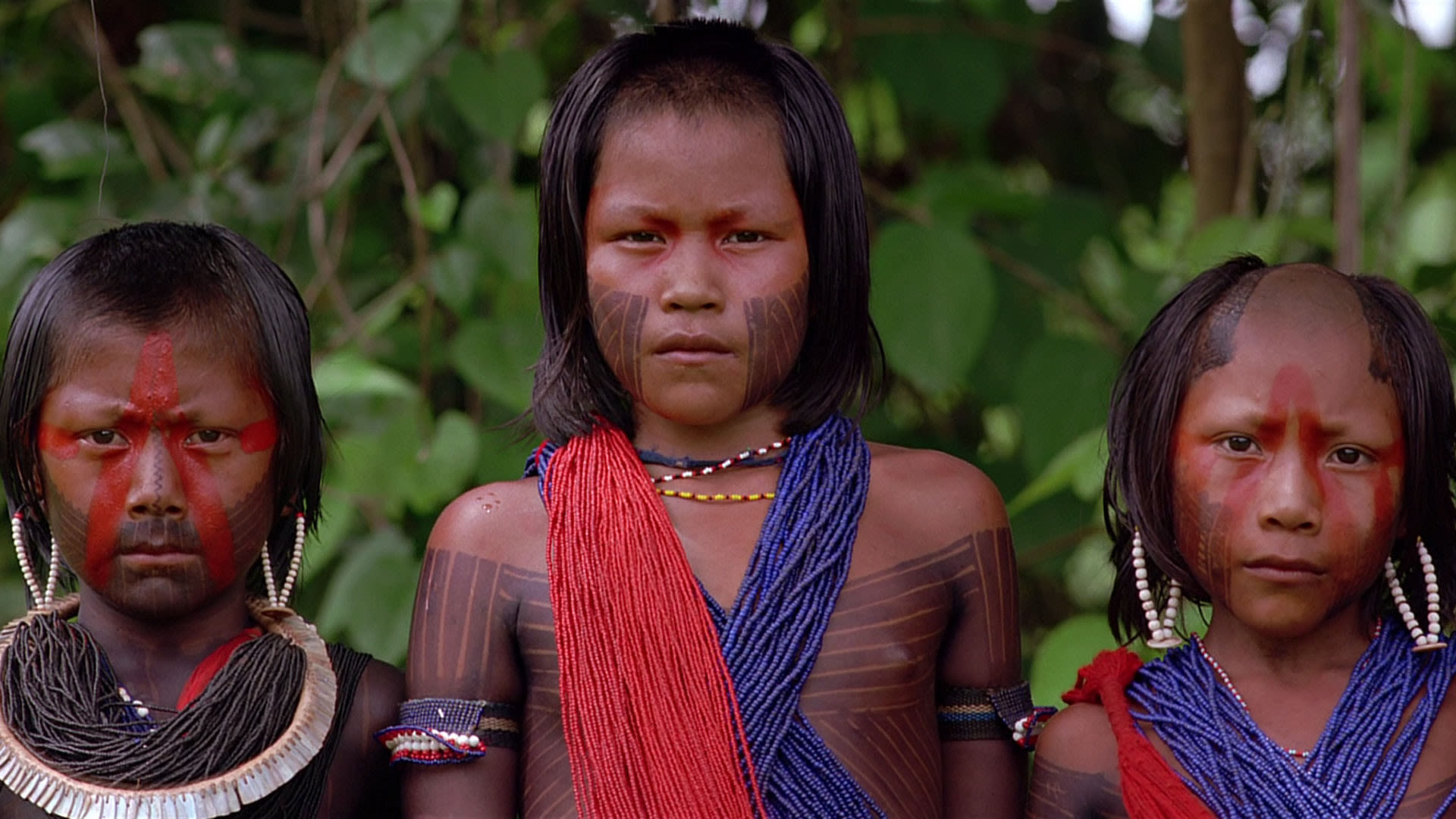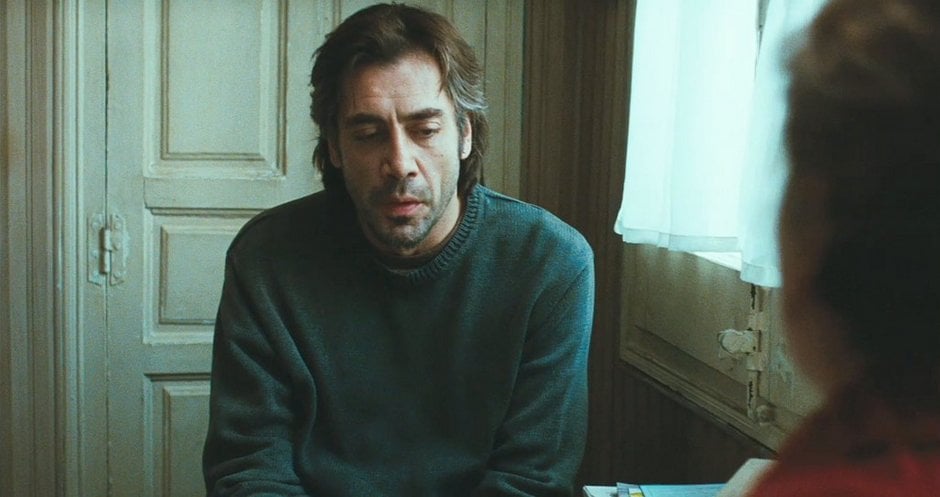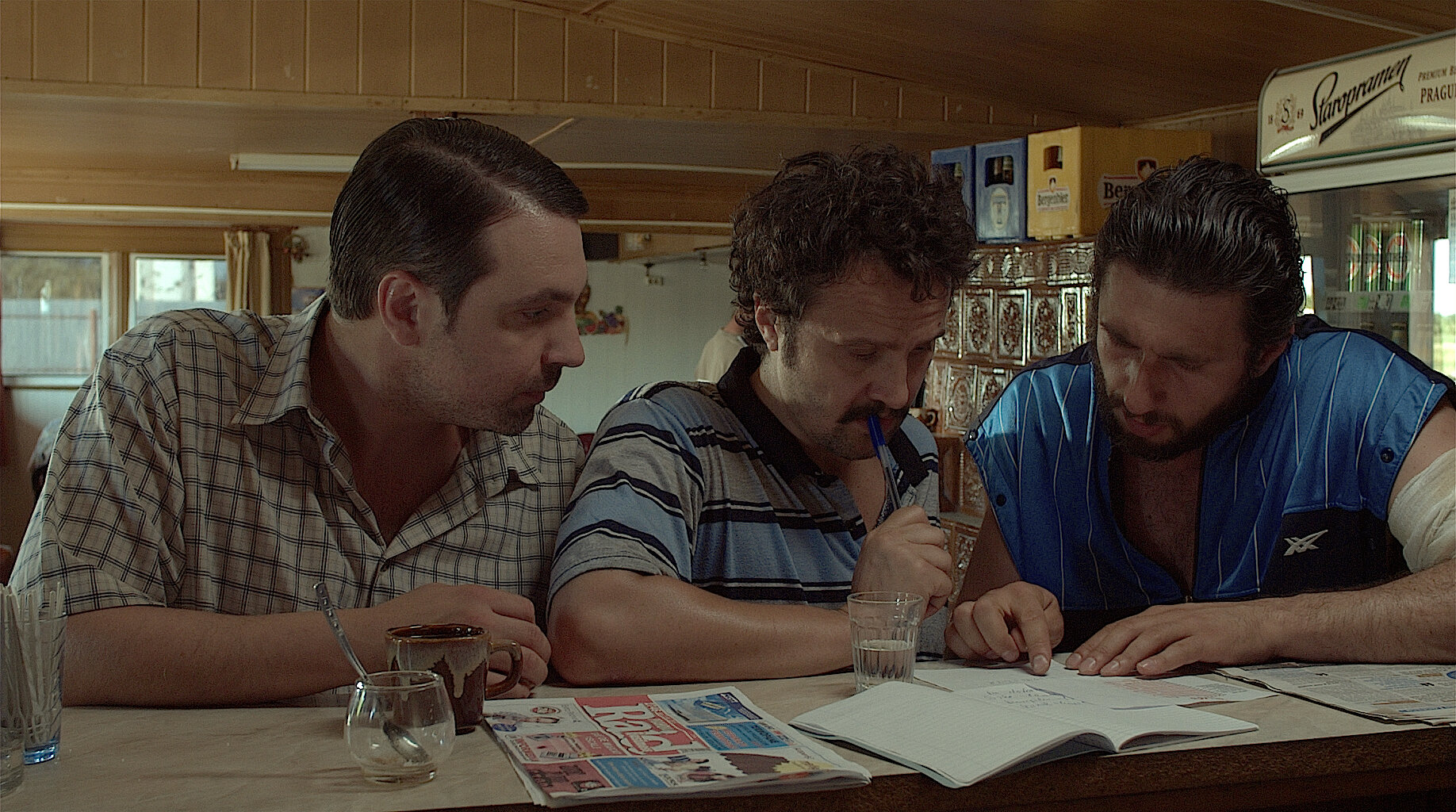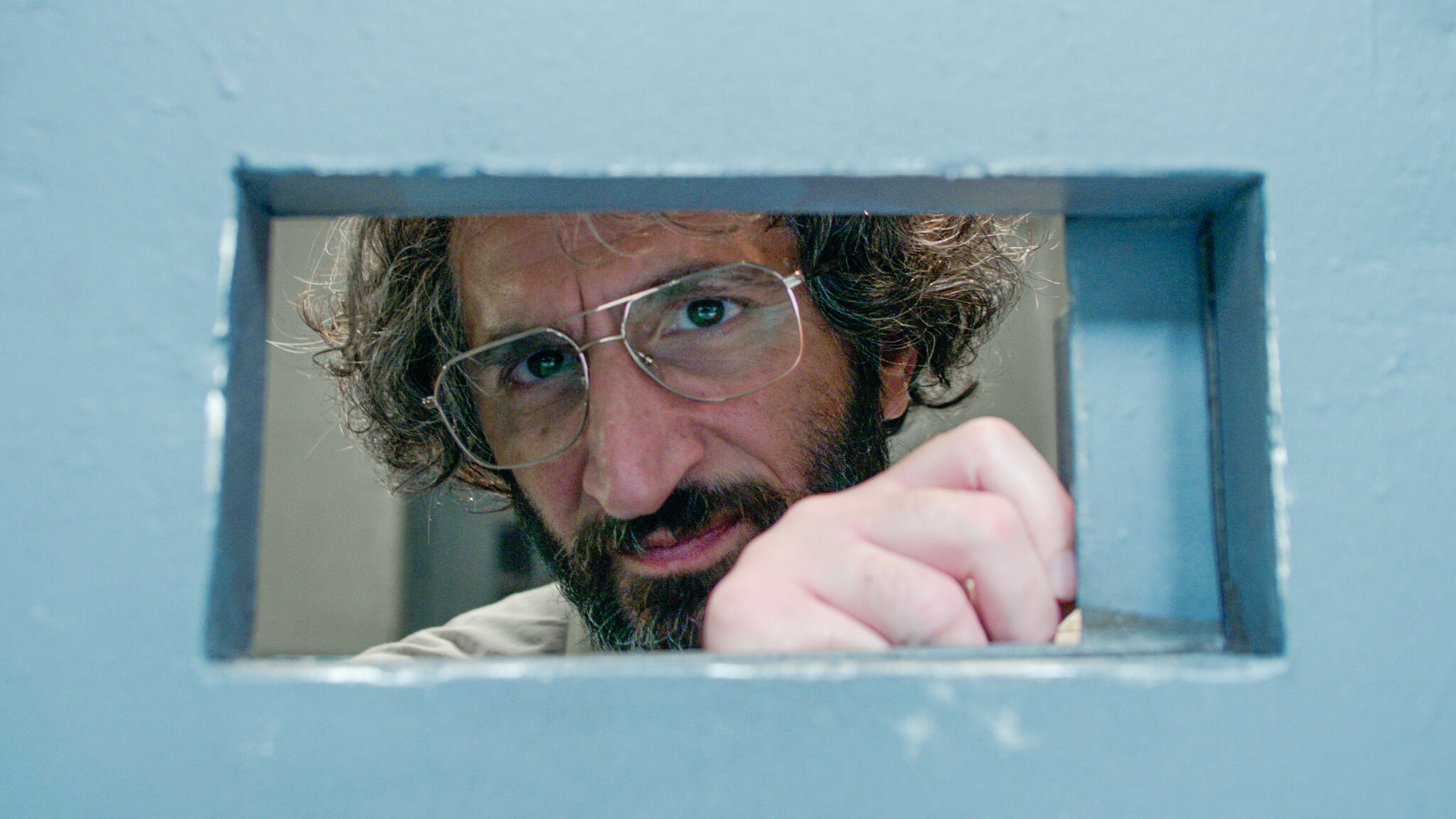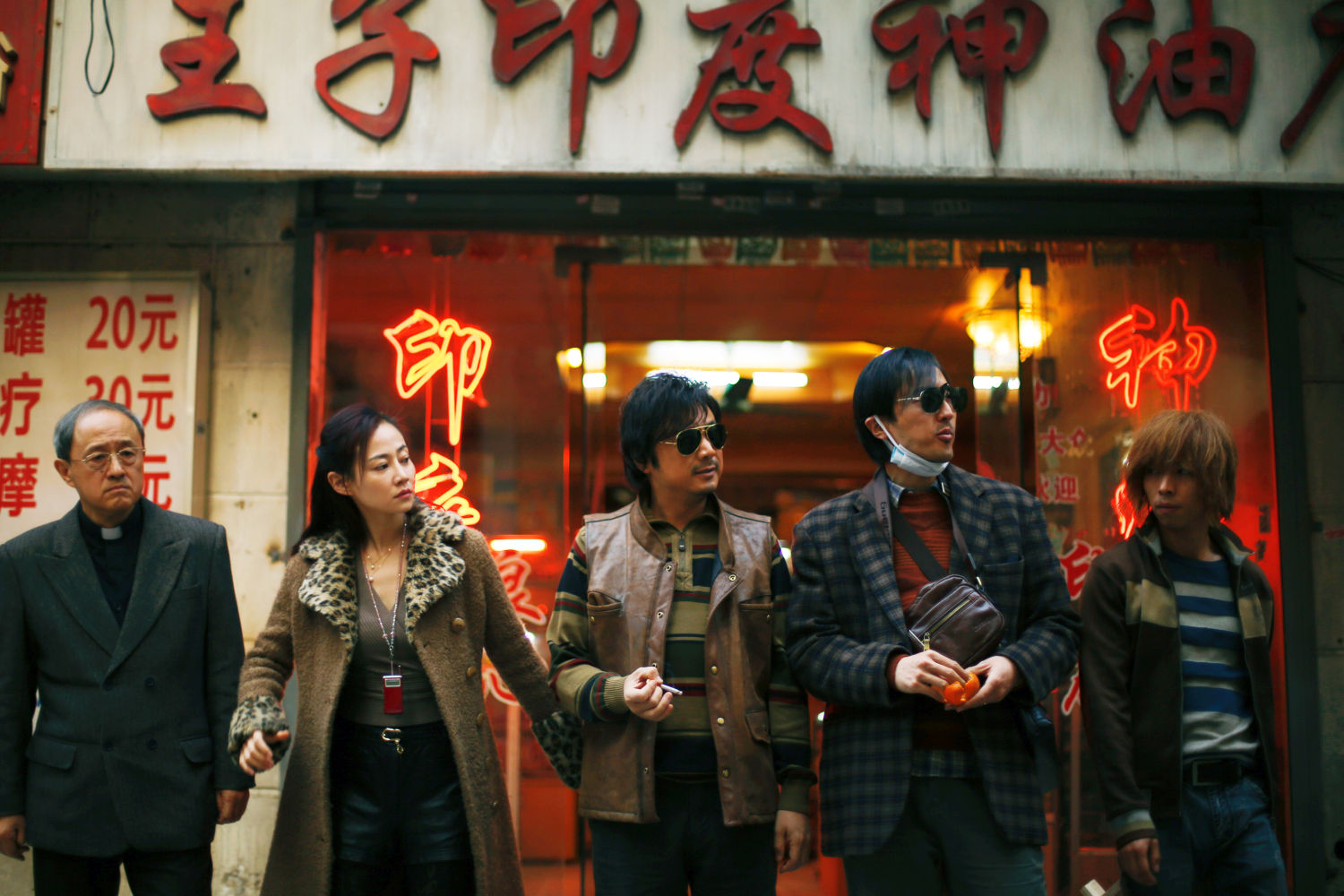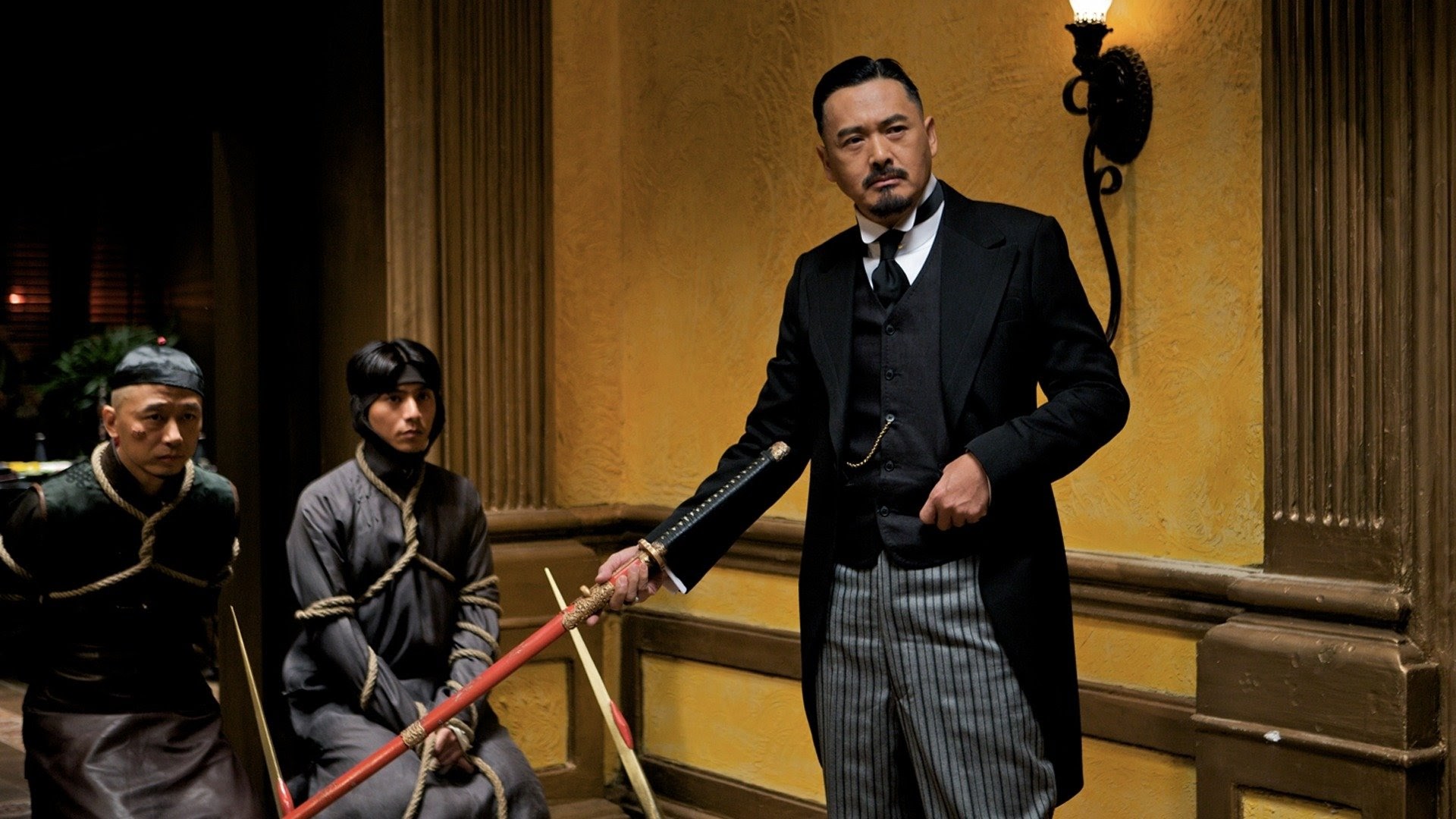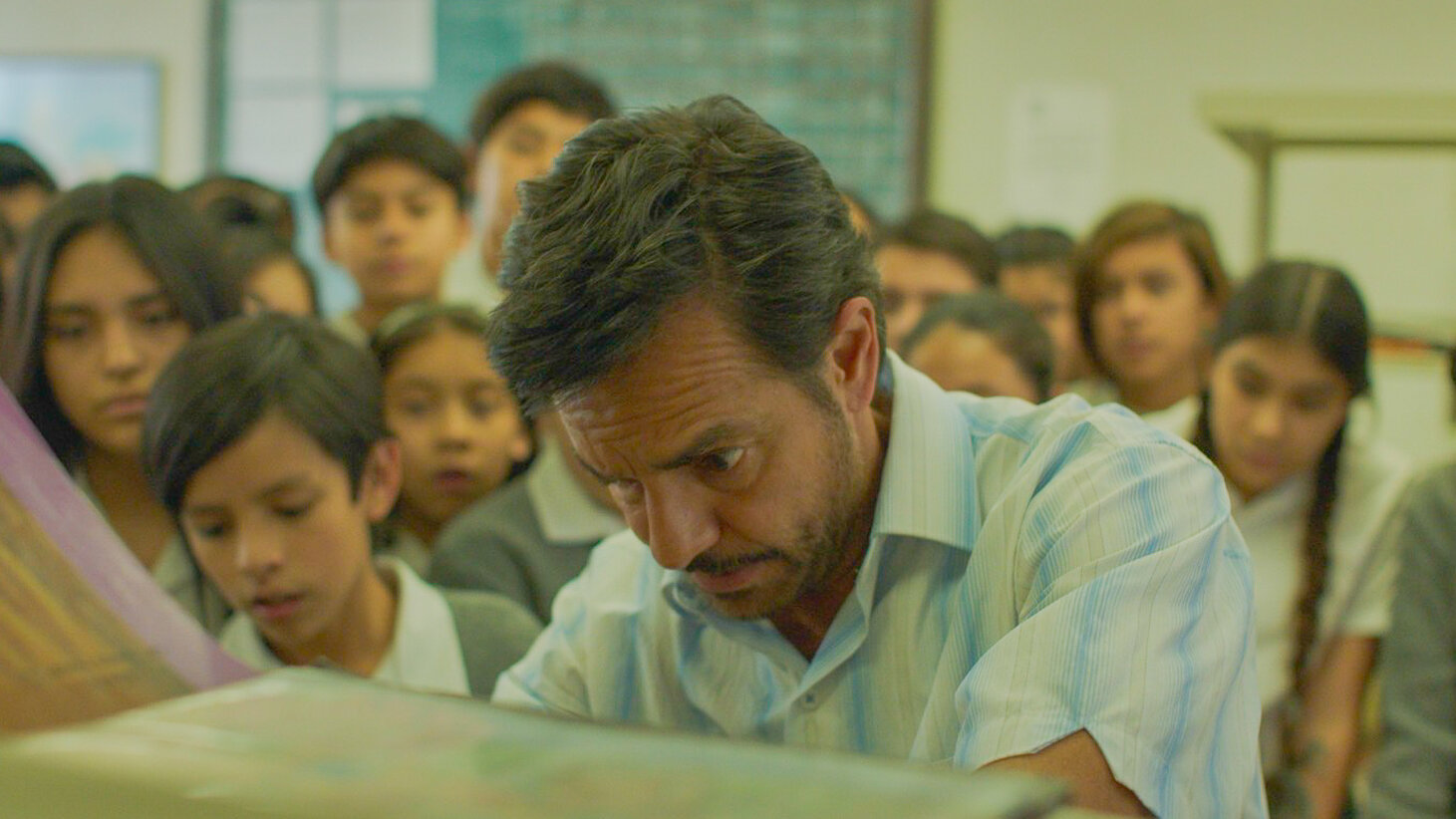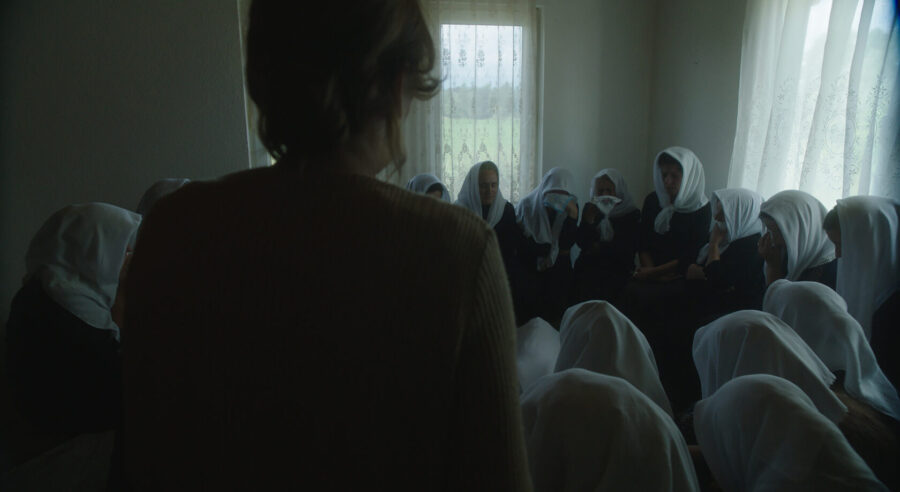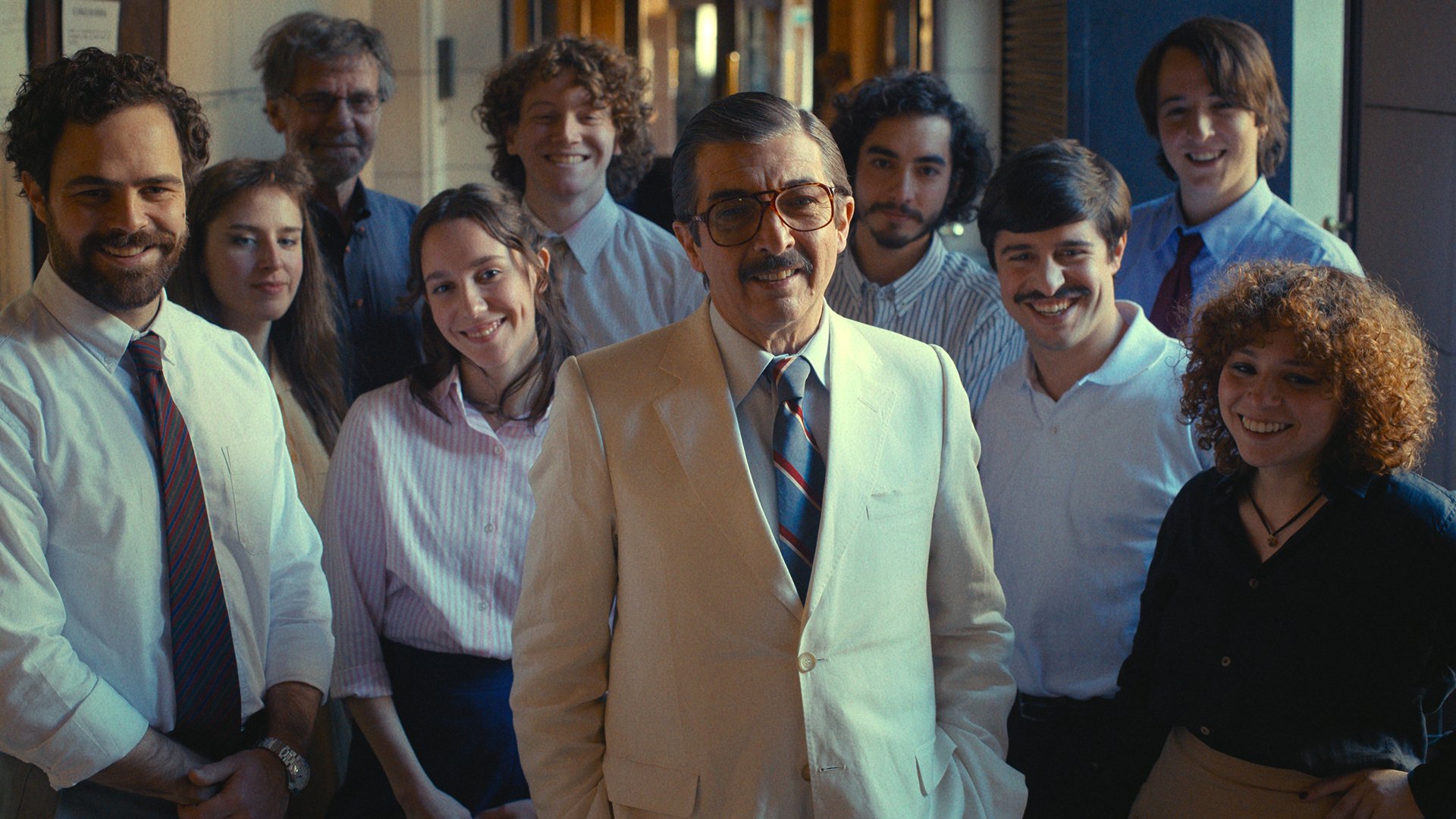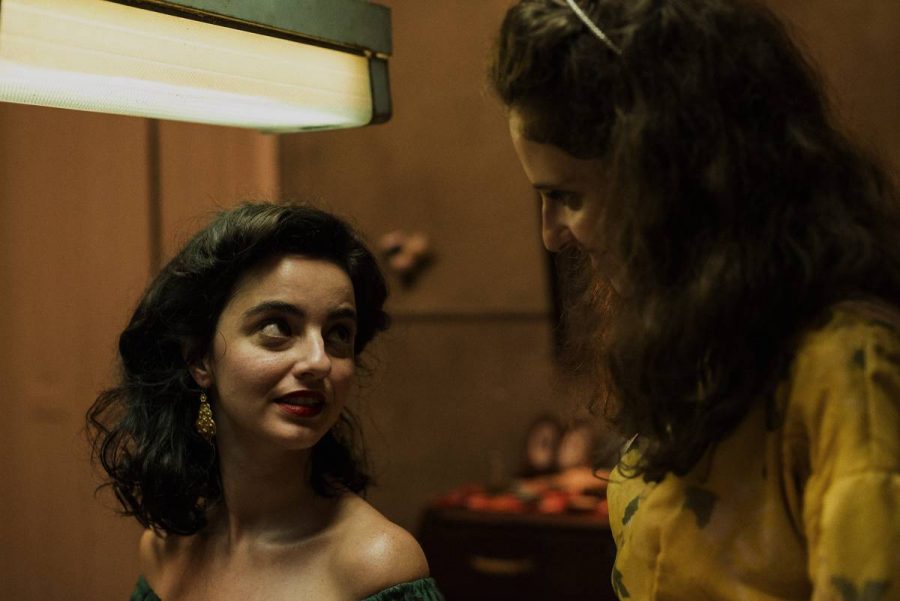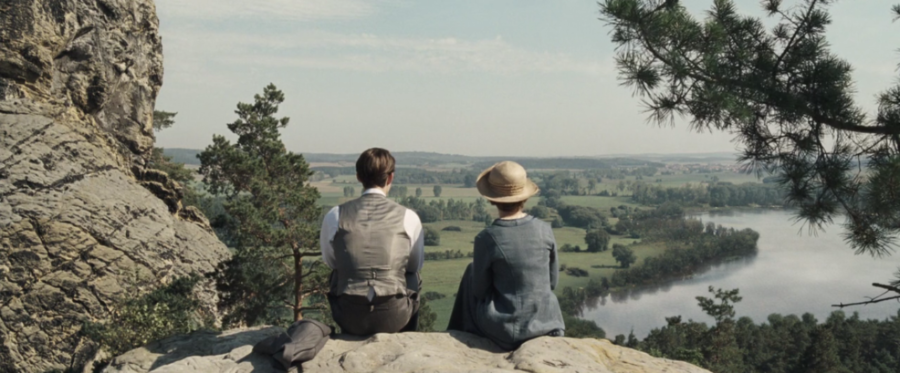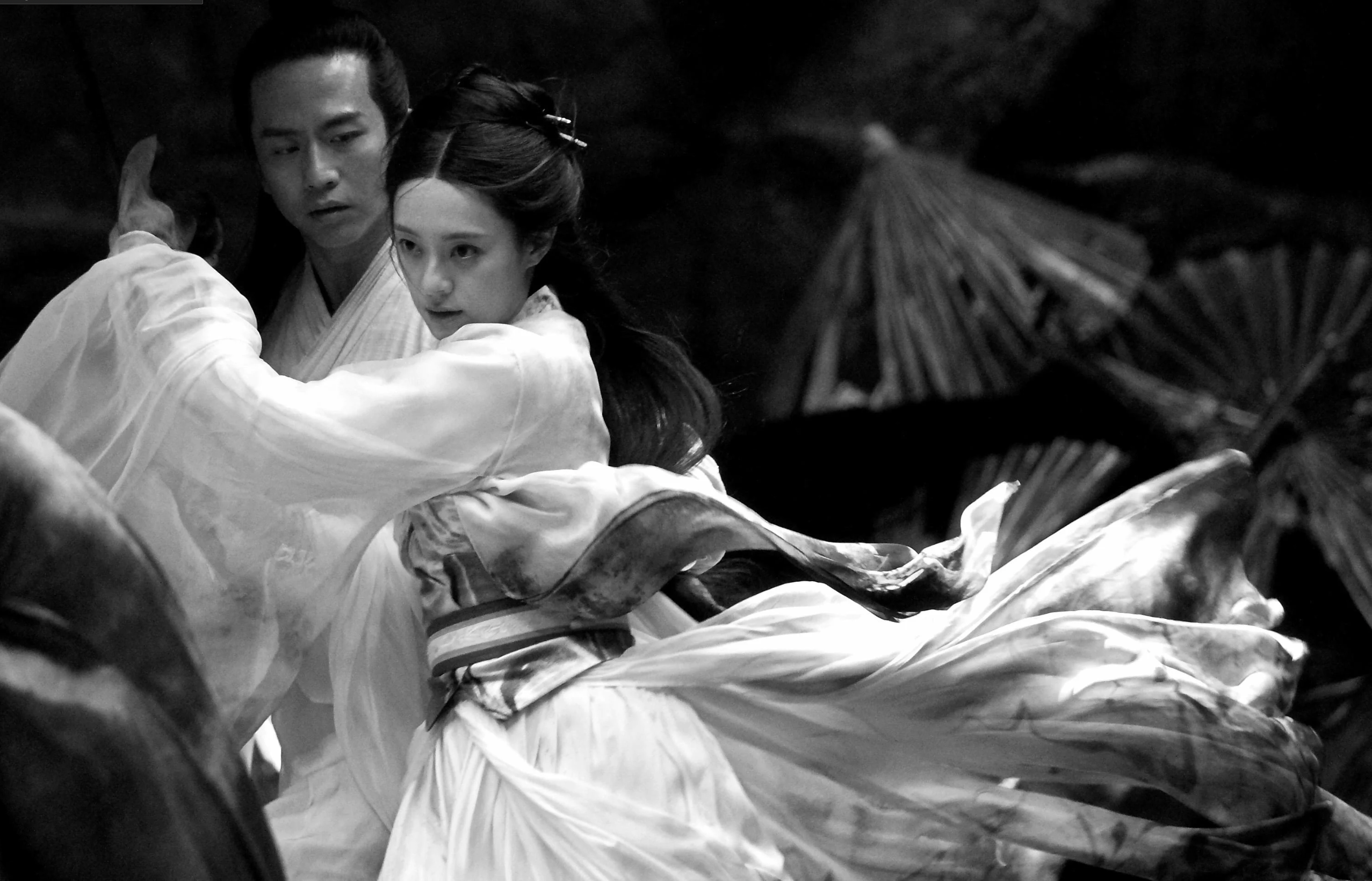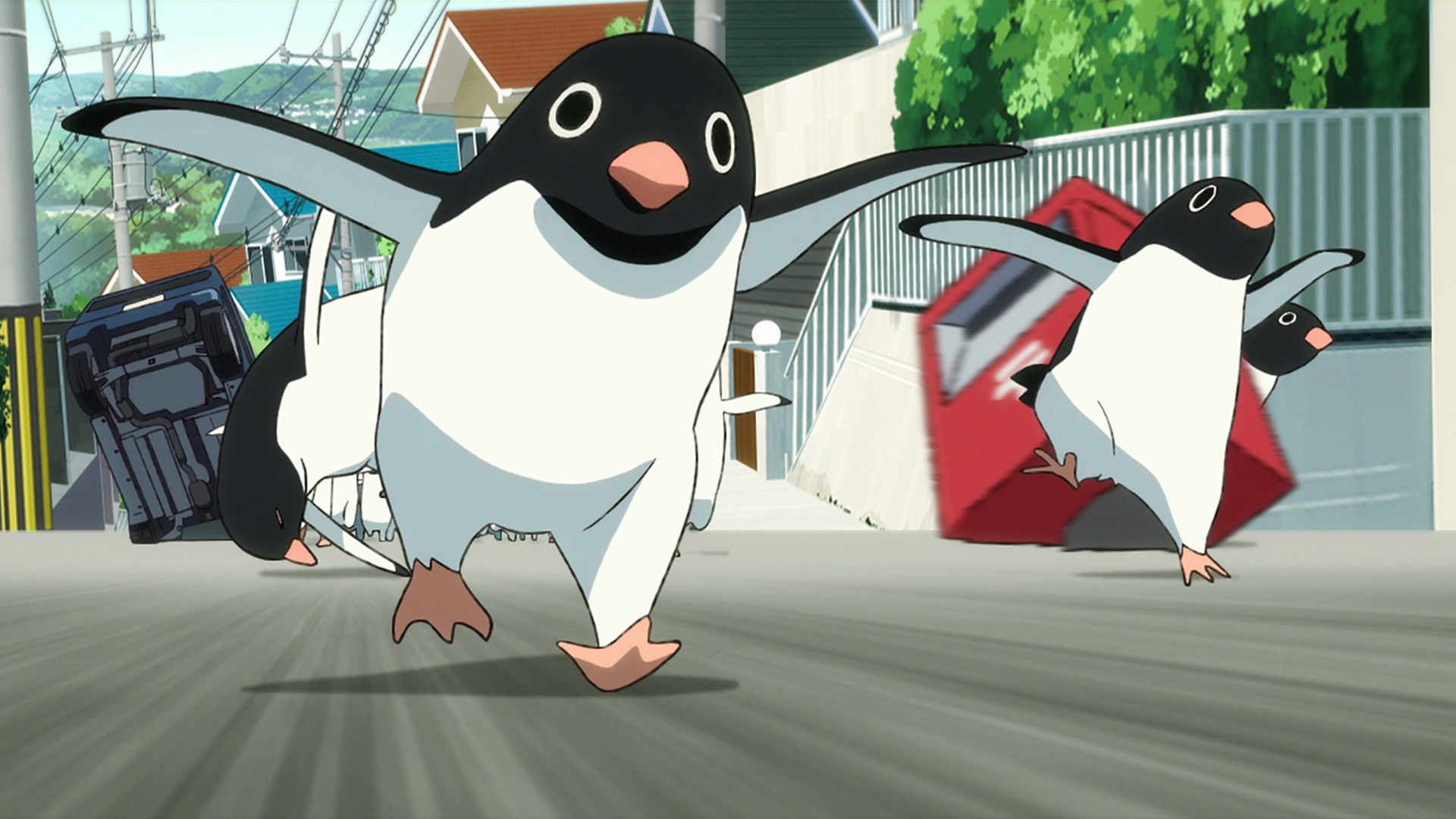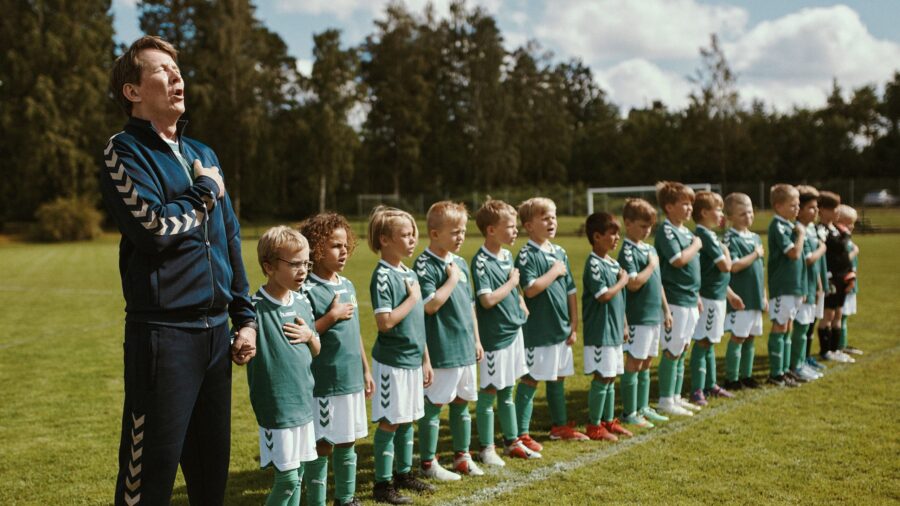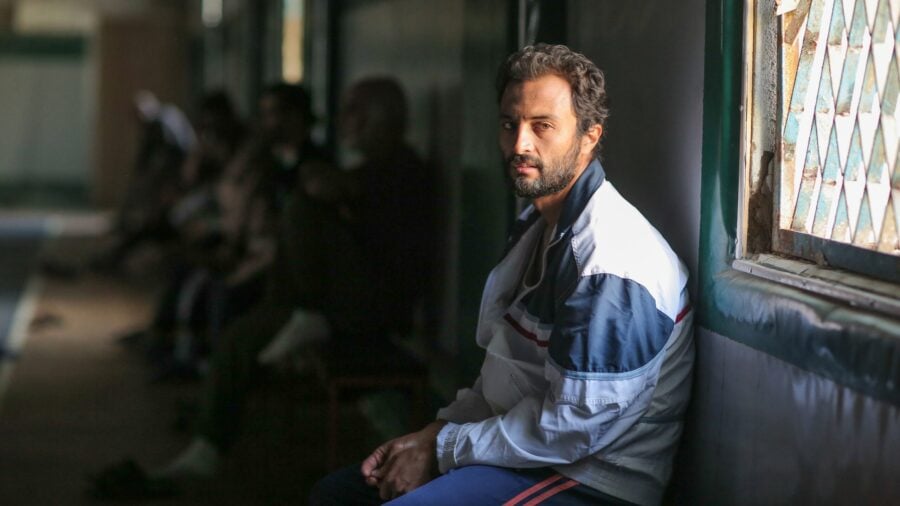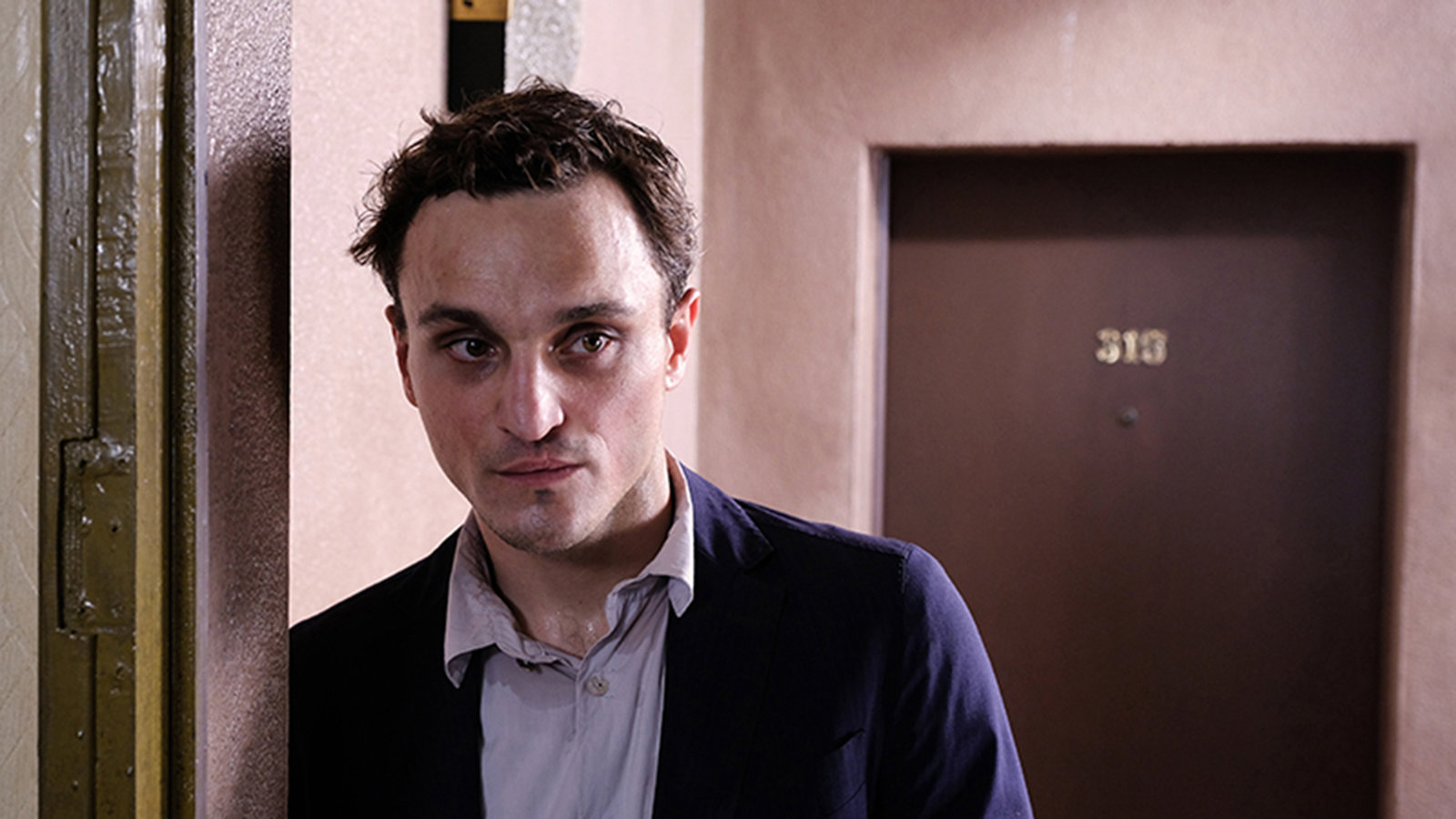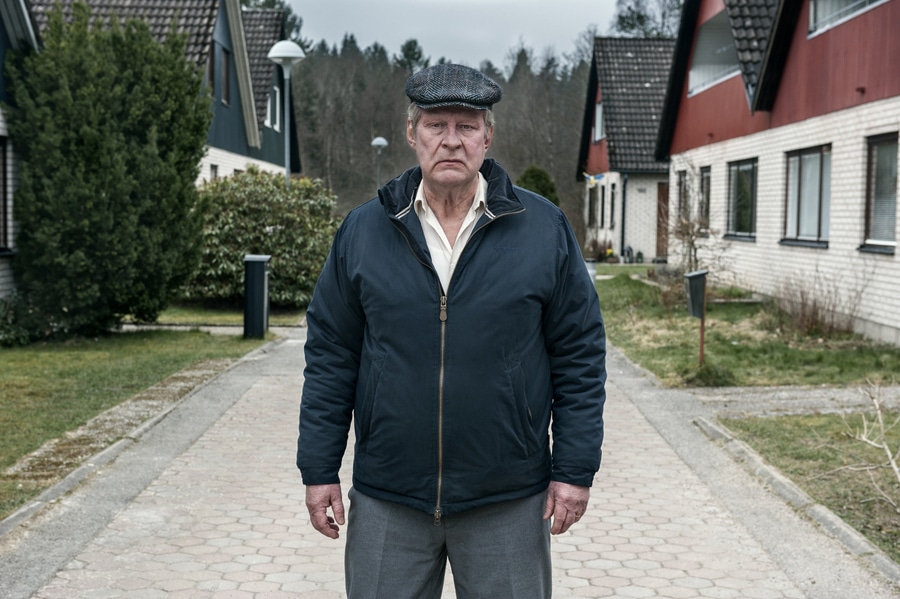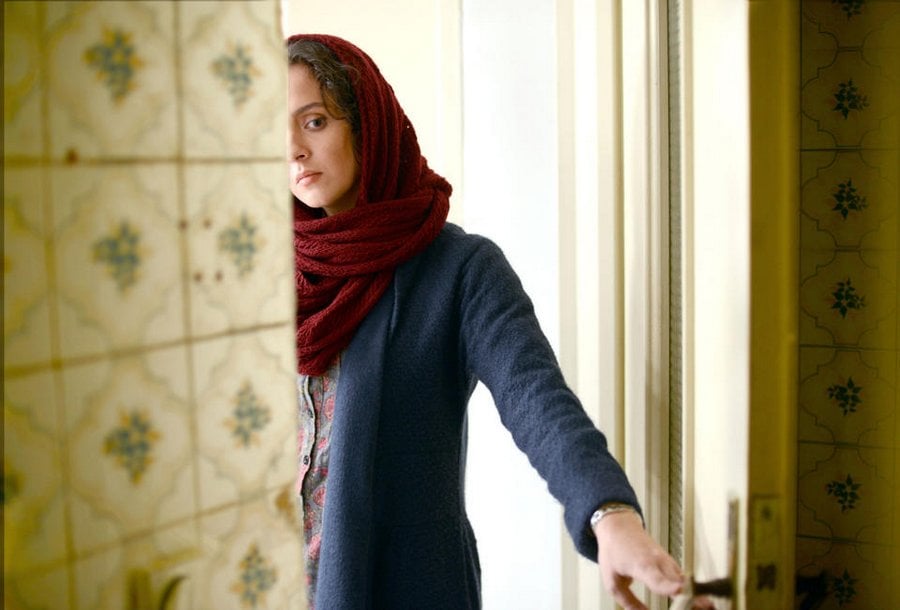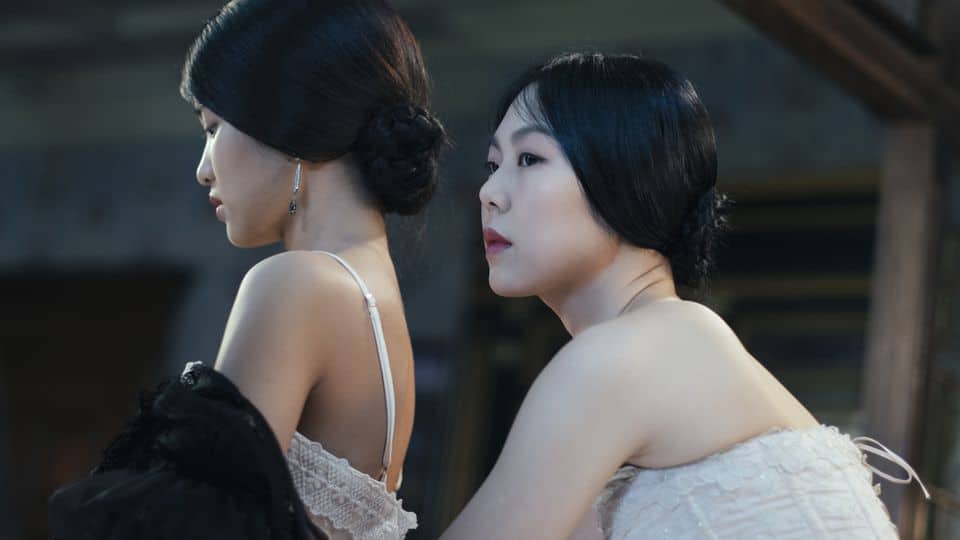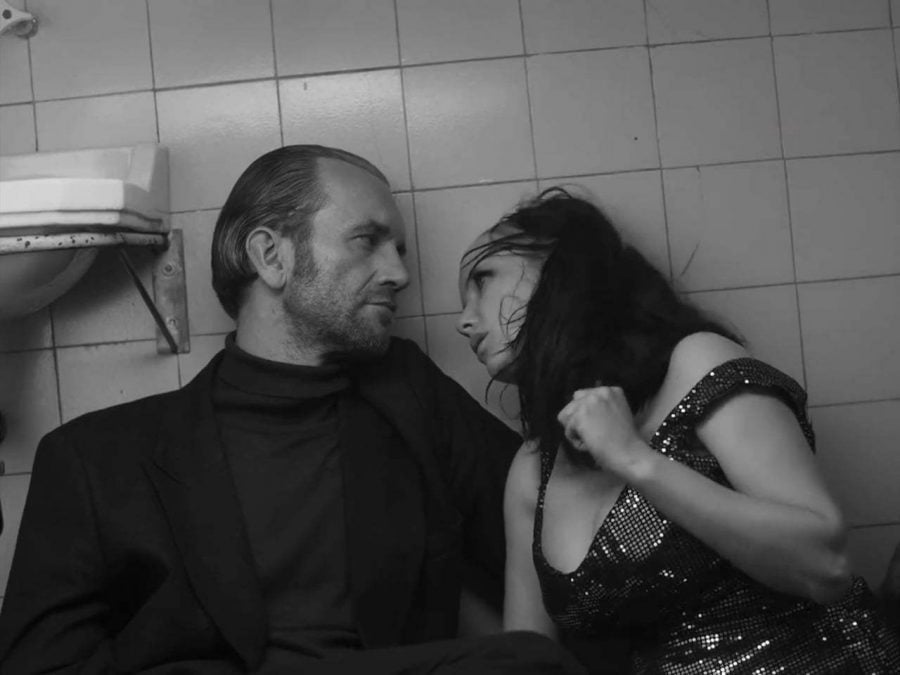50 Best Foreign Movies on Amazon Prime Right Now
The pandemic has taken away our ability to physically travel internationally and interact with other cultures, but movies offer an incredible escape to anyone willing to turn on the subtitles.
Below are the best foreign-language movies on Amazon Prime right now.
Jump to the top 10:
Based on four different books by Colombian author Mario Mendoza, The Initiated (or Los Iniciados) is perhaps too much of a good thing at times, as it struggles to have its many different pieces cohere into one thematic idea. These separate pieces are intriguing on their own, for sure: poisoned water supply, underground activists, the mayor potentially being involved in mysterious disappearances of bodies. But by the end, the film’s noir elements seem to be mostly ornamental in nature, with the supposedly twisty narrative arriving at an overly tidy conclusion.
With that said, even just spending time in The Initiated’s gloomy city streets and grimy underbelly should be a joy for anyone who already enjoys hardboiled crime dramas. Solid performances and strong technical craft all around keep this world immersive no matter if the central investigation is actually progressing logically or not. It’s a film that, impressively, manages to still be suspenseful just on the strength of its mood and atmosphere alone. All the danger feels raw and threatening, and leads us to imagine an even harsher world outside of what we see on screen.
Starring
Array
Genre
Crime, Drama, Mystery, Thriller
Best for moods
Gripping, Suspenseful, Well-acted
Directed By
Juan Felipe Orozco
The four chapters of Only the Animals could make separate films on their own, but the combination that forms this non-linear crime thriller creates a uniquely layered murder mystery. Based on the novel of the same name, the film is centered on the disappearance of the wealthy Evelyne Ducat. Her disappearance affects the characters named in each chapter title, though the alternate timelines tease the means, method, and motivation. Starting from the one living closest to the snowy mountains she was last seen in, all the way to the sunny Côte d’Ivoire, all their lives interlock in unexpected ways, chief of which is the same loneliness that moves them to the foolish actions they take. Only the Animals balance all their stories with tight-rope suspense.
Starring
Bastien Bouillon, Damien Bonnard, Denis Ménochet, Laure Calamy
Genre
Crime, Drama
Best for moods
Gripping, Suspenseful, Thrilling
Directed By
Dominik Moll
Without a shadow of a doubt, one of the most gripping thrillers in recent years. It starts in a morgue where a corpse of a deceased femme fatale goes missing. Her husband is the first person to be suspected as evidence starts pointing to him for killing his wife and hiding the body. He is called by the police to the crime scene to help with the investigation that is led by a shady detective. The film then takes you on a journey filled with reflections on marriage, deceit and the character’s urge to safeguard whats their own and the territories they are willing to cross to keep it. Drawing you into the atmosphere from the very start, it refuses to let you go out of it. All while maintaining a simple premise.
Starring
Belén Rueda, José Coronado, Pere Brasó
Genre
Mystery, Thriller
Best for moods
Intense, Raw, Suspenseful, Thrilling
Directed By
Oriol Paulo
Prior to being defined by that fateful bombing in 1945, Hiroshima was like any other city outside of Tokyo; small but full, quiet but busy, and in the midst of a slow-but-sure journey to modernization. We experience the rich and intimate details of this life through the kind-hearted Suzu, who herself is stuck between the throes of old and new. She is an ambitious artist but also a dedicated wife; a war-wearied survivor and a hopeful cheerleader.
Set before, during, and after the Second World War, the film starts off charmingly mundane at first, but it quickly gives way to inevitable grief in the second half. One stark tragedy follows another as it becomes increasingly clear how much we lose our humanity in war.
In This Corner of the World is the rare film outside of the Hayao Miyazaki canon that captures the latter’s heart for detail while still being graciously its own.
Starring
Hisako Kyoda, Megumi Han
Genre
Animation, Drama, Family, History, Romance, War
Best for moods
Depressing, Dramatic, Feel-Good, Heart-warming, Slice-of-Life, Slow, Sweet, Tear-jerker, Touching
Directed By
Sunao Katabuchi
In the crowded genre of Mafia movies, Gomorrah finds its originality in not romanticizing anything. It’s authentically gripping, violent without being excessively violent, and something that can only be described as a masterpiece of Italian cinema. It follows different protagonists’ entry into organised crime in Naples, with the two main ones taking their inspiration from American gangster characters. Just to give you a sense of how well-rooted this movie is, after it was done shooting, many of the characters (including the guy who plays the clan boss in the movie), were arrested. In his case, he was caught trying to collect “pizzo”, otherwise known as mafia tax.
Starring
Salvatore Ruocco, Toni Servillo
Genre
Crime, Drama
Best for moods
Dramatic, Raw, Suspenseful, Thrilling
Directed By
Matteo Garrone, Maurizio Braucci
With plenty of old men having extramarital affairs, taking advantage of younger women and leaving them forlorn in love, it can feel deceptively easy to take sides in the first forty minutes of He Loves Me… He Loves Me Not. Who wouldn’t side with Angélique, especially with the innocent, childlike face of Audrey Tautou? And yet, when the twist occurs, the film fills the gaps in totally unexpected ways, gradually escalating to a terrible and sad conclusion about this seemingly romantic girl. It’s hard to further talk about He Loves Me… He Loves Me Not without getting into spoiler territory, so if this is the first time you’ve heard of the movie, go and watch it without any context.
Starring
Audrey Tautou, Eric Savin, Vania Vilers
Genre
Drama, Romance, Thriller
Best for moods
Character-driven, Dark, Dramatic, Intense, Mind-blowing, Thrilling, Well-acted
Directed By
Female director, Laetitia Colombani
Despite being colorful and full of music like many Bollywood films, there’s a noirish sensibility to Talaash that makes it stand out. The plot takes on a familiar investigation. The protagonist, portrayed by Aamir Khan, is broody and jaded due to grief. And of course, there’s a femme fatale portrayed by Kareena Kapoor Khan, who remains frustratingly yet compellingly elusive. All this together creates an incredibly suspenseful atmosphere, so the twist at the end might prove to be divisive to viewers. To this viewer, however, it was a clever way to tie in Surjan’s grief into the story. Talaash is terrific.
Starring
Kareena Kapoor Khan, Nawazuddin Siddiqui, Rajkummar Rao
Genre
Crime, Drama, Thriller
Best for moods
Challenging, Intense, Thrilling
Directed By
Female director, Reema Kagti
While best known for his Western work, including directing the second Mission Impossible, John Woo made his start in China, returning more than a decade later to film this historical war epic. Based on the Battle of the Red Cliffs, the film may not be 100% factual, but Woo is clearly more at home here, taking his signature action choreography on a much larger scale. The production design, the costumes, the score, and the visuals are all dialled up to eleven, and the cast, including the iconic Tony Leung Chiu-wai, matches this intensity with stellar performances. Red Cliff is John Woo’s triumphant return back to his home country, taking his Hollywood experience to push Chinese cinema even further.
Genre
Action, Adventure, Drama, History, War
Best for moods
Action-packed, Dramatic, Intense, Thrilling
Directed By
John Woo
After running out of money, travelling tax collector Ning Choi-san might be getting better with his new romance with the graceful Nip Siu-sin. The only problem is, she’s actually a ghost. After all, this tale is called A Chinese Ghost Story. While classified a horror flick only for its supernatural elements, the resulting film takes on mythical proportions with its ever-increasing stakes, feats of gallantry, and the (at times literal) breathtaking romance that compellingly blends all of its genres. A Chinese Ghost Story went on to have two more follow-ups, but this first installment stands on its own as a cult classic.
Starring
Array
Genre
Action, Drama, Fantasy
Best for moods
Action-packed, Dramatic, Romantic, Suspenseful
Directed By
Tony Ching Siu-Tung
C.R.A.Z.Y. is crazy good, so to speak. A portrait of a French-Canadian family in 70’s Quebec that will knock your socks right off, it’s the story of a boy struggling with his identity and his relationship with his father. Featuring a killer soundtrack (including but not limited to Bowie, Pink Floyd, Rolling Stones), it received Best Canadian Film in 2005 at Toronto International Film Festival. There are many things I would like to say about C.R.A.Z.Y. but I fear it’s one of those films you enjoy best when you go into them not knowing much.
Starring
Marc-André Grondin
Genre
Comedy, Drama
Best for moods
Original
Directed By
Jean-Marc Vallée
There’s a cruelty to In My Mother’s Skin that may seem off-putting at first, but one must reckon with the sheer scale of the violence already occurring before these characters are even introduced to us. The Japanese occupation of the Philippines was a particularly vicious period in the country’s history; if Filipinos weren’t fighting or hiding from their invaders, many of them were trying to maintain a precariously submissive, neutral existence, or they were being turned against each other due to the conflict of war trickling down between the social classes. All these things are implicit throughout Kenneth Dagatan’s film, which doesn’t try to reenact World War II but capture the total absence of hope during this period.
Dagatan’s style of horror insists on a very slow pace, emphasizing every footstep leading to a horrifying reveal, and not just the main scare itself. This choice doesn’t always work, especially as certain beats begin to repeat themselves, but the film’s incredibly confident visual style fills every moment with an eerie paranoia. Gothic, shadowy interiors, nasty gore, and one opulently costumed fairy make everything perpetually unsettling—gradually forcing us to accept that these contradictions are just the reality of life under war.
Starring
Angeli Bayani
Genre
Action, Drama, Fantasy, Horror, Mystery, Thriller, War
Best for moods
Dark, Depressing, Slow, Thought-provoking, Well-acted
Directed By
Kenneth Dagatan, Kenneth Lim Dagatan
In a few seconds, a mistake can change your life forever. Insomnia is centered on a Swedish detective trying to solve a murder while trying desperately to cover a mistake made from the difficult mix of the fog and human exhaustion, but in doing so, his guilt, shame, and suspicion that no one would believe him due to past mistakes, weigh down on him, twisting the police procedural upon itself. Stellan Skarsgård holds an incredibly restrained performance throughout the entire film, and it’s well-framed by writer-director Erik Skjoldbjærg, whose use of cold white light in this debut feature eventually became the staple of on-screen Scandinavian noir.
Starring
Maria Bonnevie, Stellan Skarsgård
Genre
Crime, Mystery, Thriller
Best for moods
Challenging, Character-driven, Discussion-sparking, Raw, Slow, Suspenseful, Thought-provoking, Well-acted
Directed By
Erik Skjoldbjærg
When striving towards your life goal, some concessions have to be made in order to get there, e.g. you would forgo some wants in order to fulfill that higher purpose. But how much are you willing to sacrifice? Mario is a sports drama about an aspiring football player that wants to make it higher up in the league, but it’s also a queer drama, since to be that professional means to stick to a rigid notion of masculinity for the fans, for the sponsors, and sometimes for fellow homophobic teammates competing against them. At two hours, the naturalistic depiction of Mario’s experience might be a tad too long for some viewers, but the film understands the fear, the pressure, and the compromises gay athletes are forced to go through.
Starring
Array
Genre
Drama, Romance
Best for moods
Character-driven, Depressing, Discussion-sparking, Emotional, Raw, Slice-of-Life, Slow, Tear-jerker, Thought-provoking
Directed By
Marcel Gisler
When it comes to fantasy anime between two races, usually there would be some sort of romance between the leads. But Maquia: When the Promised Flower Blooms does it differently. Instead, between the humans and the immortal humanoid lorph race that weaves a chronicle of their history is a mother-son relationship, with the human son set to out-age his mom. It’s a surprising heartbreak to contemplate love, mortality, memory, and greed, and it happens to be paired with downright beautiful animation that easily brings tears to the eye. While it didn’t garner similar popularity as Your Name or A Silent Voice, Maquia: When the Promised Flower Blooms nonetheless is an ambitious directorial debut with an equally bittersweet ending.
Starring
Yoko Hikasa
Genre
Adventure, Animation, Drama, Fantasy
Best for moods
Character-driven, Emotional, Lovely, Quirky
Directed By
Female director, Mari Okada
The worst has happened in A Wolf at the Door. With Sylvia finding out that her child was picked up from school by an unknown stranger, it’s up to her to figure out what has happened. Already, the premise is terrifying. Writer-director Fernando Coimbra starts this mystery through the police interrogations, with the camera focused on possible suspects. He follows them with flashbacks, with each new sequence shifting the way each character gets perceived. Crime thriller aficionados would likely predict the perpetrator with an early reveal of an important clue, but the story that unfolds into unexpectedly dark ends. It’s a chilling way to depict this true-to-life story.
Genre
Crime, Drama, Thriller
Best for moods
Intense, Thrilling, True-crime, True-story-based
Directed By
Fernando Coimbra
For Western audiences, City on Fire might be best known as the Hong Kong crime actioner that inspired Quentin Tarantino’s Reservoir Dogs. The jewelry heist follows the same beats, the on-set stunts embody the same lived-in action, and the films are both very violent. However, there’s a subtle undercurrent that powers the thrill of this movie. Far from the heroic gangster flicks popular at the time, City on Fire doesn’t side with the police nor the Triad. Instead, they both take advantage of detective Ko Chow, through an undercover investigation that’s willing to let him be collateral damage. With a distinctly different direction, it’s no wonder that City on Fire remains as the blueprint for action movies today.
Starring
Chow Yun-fat, Roy Cheung, Yun-Fat Chow
Genre
Action, Crime, Drama, Thriller
Best for moods
Action-packed, Dramatic, Suspenseful, Thrilling
Directed By
Ringo Lam, Ringo Lam Ling-Tung
Somehow an art house film, horror, and romance all in one, Let the Right One In explores the boundaries of its genres with unprecedented finesse, and offers a stunning alternative for those disappointed with recent vampire love stories. From its haunting minimalist imagery to its incredible score, it is persistently beautiful. The film follows twelve-year-old Oskar and Eli, drawing on numerous aspects of traditional undead lore, and still manages an impressive feat in feeling entirely fresh and devoid of cliche. Those in search of a terrifying movie might need to look elsewhere, but if what you’re looking for is simply a great watch, don’t pass this one up.
Starring
Mikael Rahm
Genre
Drama, Horror
Best for moods
Raw, Slow
Directed By
Tomas Alfredson
In rural Korea a policeman starts to investigate peculiar and violent events that most of the people in his village attribute to the arrival of a new Japanese resident. As the occurrences keep multiplying, and different perspectives in the film are shown, you start to lose touch with reality in the face of what can only be described as genius film-making. As critic Jada Yuan puts it, the film operates on a level “that makes most American cinema seem clunky and unimaginative”. For this reason, and while The Wailing is a true horror flick with a great premise, it’s also more than just that: it boosts a mind-boggling, interesting plot that will have you thinking about it long after the credits roll. Protip: grab the person next to you and make them watch this movie with you so you can have someone to discuss it with after!
Starring
Chun Woo-hee, Jang So-yeon, Jeon Bae-soo, Jo Han-chul, Jun Kunimura, Kim Ki-chun, Kwak Do-won, Lee Jung-eun, Lee Yong-nyeo
Genre
Horror, Mystery
Best for moods
Discussion-sparking, Dramatic, Mind-blowing, Suspenseful, Thought-provoking, Thrilling, Weird
Directed By
Hong-jin Na, Na Hong-jin
There isn’t a single moment of unnecessarily exaggerated emotion or comedy in this French-Danish animated film, which may keep its world very small compared to its peers, but it portrays everything with arguably more depth and beauty. Long Way North moves with a stately pace, giving it more dramatic heft and allowing us to take in all of the film’s painterly surfaces and soft silhouettes. But it’s not just the art style that sets the film apart; it also avoids what we expect from a traditional adventure, keeping the most important character beats private and internal. This may make the movie feel a little more distant than it should be, but the feeling that it leaves you with is undeniable—a sense that everything is connected, and those who are lost will always find a way home.
Starring
Féodor Atkine
Genre
Adventure, Animation, Drama, Family
Best for moods
Lovely, Sunday, Warm
Directed By
Rémi Chayé
Best known for landmark cyberpunk anime Akira, Katsuhiro Otomo crafted strange and terrifying visions of a world that has not yet come, imagining technology that surpassed that of today, but in much pessimistic light compared to that of the genre. Three of his manga short stories are depicted in Memories, with Otomo partnering with Kōji Morimoto and Tensai Okamura to direct each segment, and with Satoshi Kon in writing, just before Kon’s own iconic surrealist films. Kon-written Magnetic Rose has been universally acknowledged as the best of them, being much more emotionally poignant, but the other two does have its charms, as Stink Bomb takes a relatively silly premise to its fairly logical, but scary conclusion, and Cannon Fodder takes the beauty of Otomo’s art into such a hollow and ugly world. All three deliver terrifying omens of death through technology used against the everyday man, whether by accident or design.
Starring
Hisako Kyoda, Koichi Yamadera, Shozo Iizuka
Genre
Animation, Fantasy, Science Fiction
Best for moods
Action-packed, Challenging, Character-driven, Dark, Depressing, Discussion-sparking, Dramatic, Gripping, Intense, Smart, Thrilling, Weird
Directed By
Katsuhiro Otomo, Koji Morimoto, Tensai Okamura
At first glance, Dil Chahta Hai is an ordinary ensemble romcom. There’s some guys, there’s some girls, and they fall in love in their own special way as befitting the general archetype of protagonists we’ve seen in other romcoms. But to the film’s credit, it’s made pretty well. Many viewers can appreciate the catchy songs, the charismatic leads, and the spectacular way writer-director Farhan Akhtar stages each number, but what makes his debut work is how in tune it was with modern Indian youth, and the way it grounds all three love stories through the friendship of three young men fresh out of college. Dil Chahta Hai balances its romantic drama with the support of friends, similar to how relationships work in real life.
Starring
Array
Genre
Drama, Romance
Best for moods
Feel-Good, Funny, No-brainer, Romantic, Slice-of-Life
Directed By
Farhan Akhtar
When depicting war and faith, it seems like men are the only ones that have to undertake these challenges, at least it seems, in the stories made available about these topics. But that simply isn’t true. The Innocents is one of the few reminders that, while women might have been kept from the front lines, war has spared no one. Through stark and wintry shots, and a solemn direction, writer-director Anne Fontaine crafts tense conversations between an atheist doctor and her nun patients, making all of them reckon with the ways trauma has shifted their present principles and future actions, in a sensitive way that has rarely been seen before. While the resolution can come across as a bit too sudden, The Innocents nonetheless is a compelling study of faith.
Starring
Agata Kulesza, Joanna Kulig, Lou de Laâge
Genre
Drama, History
Best for moods
Challenging, Character-driven, Discussion-sparking, Thought-provoking, True-story-based
Directed By
Anne Fontaine, Female director
It’s not so easy to get rid of an evil ruler. Sometimes, you have to resort to not one, not two, not even three assassins– you have to get thirteen of them. Remaking the 1963 jidaigeki film, which in turn is based on a real life feudal lord, Takashi Miike’s take brings his signature style to the samurai genre, wielding the sword slashing without any restraint, letting loose after building up the indignation garnered from the daimyo’s injustices and the careful planning the group had to make in response. Undoubtedly inspired by Akira Kurosawa’s Seven Samurai, 13 Assassins reintroduces the samurai genre to spectacular heights.
Genre
Action, Adventure, Drama
Best for moods
Action-packed, Challenging, Dramatic, Intense, Thrilling
Directed By
Takashi Miike
For viewers who aren’t familiar, the Stations of the Cross is a series of prayers that contemplates Jesus’ crucifixion. It’s also the title and the basis of this German coming-of-age drama. It can seem controversial to create such a work, given how extreme Maria gets in proving her devotion. But given the raw, naturalistic approach of its fourteen static long shots, Stations of the Cross observes something quite unsettling. While the movie does poke fun at Christian fundamentalism, the film seriously contemplates the way this extreme religious devotion feels out of place in today’s society, as modern day beliefs and conveniences have eased suffering and lessened the need for martyrdom. Stations of the Cross is a daring, thought-provoking work feature that cleverly points out the growing pains of religion today.
Starring
Array
Genre
Drama
Best for moods
Challenging, Discussion-sparking, Raw, Thought-provoking
Directed By
Dietrich Brüggemann
You’ll probably never find a film like The Blind Man Who Did Not Want to See Titanic. The camera is blurry, with lead Petri Poikolainen’s face the only image we see clearly. The audio sometimes goes in and out. There’s even a section that turns completely dark. While this would usually mean that something is wrong with the tech screening the film, it’s actually a brilliant way to immerse the viewers in Jaako’s experience, heightening the stakes of what should be a simple commute into a unique thriller comedy-drama. The Blind Man Who Did Not Want to See Titanic is truly an original film.
Starring
Matti Onnismaa
Genre
Drama, Romance, Thriller
Best for moods
Challenging, Discussion-sparking, Thought-provoking, Thrilling
Directed By
Teemu Nikki
Given that this is based on a recent, real life case, and the defendant has chosen to remain behind the titular pseudonym, it makes sense why Belén doesn’t focus entirely on her. We don’t get to know much about the defendant other than the case reveals. That being said, what was given is already infuriating enough. Filmmaker Dolores Fonzi, who also stars as her lawyer Soledad Deza, gathers a compelling defense, starting everything off with the terror and confusion Belén’s hospital check-up turns into her arrest. It strengthens the somewhat standard legal proceedings that is to follow, but nonetheless effectively highlights the multiple ways Argentina’s institutions have failed Belén. But what makes Belén so compelling is the way it also celebrates the movement formed around her case. Belén strikes at the core of the injustice made, with the same determination that secured her freedom, and the rights of every woman in the nation.
Genre
Drama
Best for moods
Emotional, True-story-based, Uplifting
Directed By
Dolores Fonzi, Female director
Present-day Mexico City—Ariela comes from a Jewish family that insists on getting married only to people of the same religion. This rule is complicated when Ariela falls in love with the non-Jewish Iván. She is then faced with the dilemma of choosing herself or her family, who for all their severity, she still loves deeply.
Leona’s modern-day retelling of Romeo and Juliet recalls the likes of Crazy Rich Asians and The Big Sick, but unlike those big-budgeted movies, this intimate Spanish-language film exchanges melodrama for restraint, and it’s all the better for it. Leona is a quietly moving story that’s easy to relate to, despite the specificity of its premise.
Starring
Array
Genre
Drama, Romance
Best for moods
Character-driven, Discussion-sparking, Dramatic, Romantic, Slice-of-Life, Well-acted
Directed By
Isaac Cherem
The World of Us is a vibrant, colourful movie that follows the story of Lee Sun, a shy and sweet fifth grader who meets Ji Ah, a new girl in town. The movie is innocent, light and relatable, centered around two new friends playing in the summertime. But behind its vibrant colors, there is a very realistic commentary on how children can grow up to realise they are not of equal wealth and social status. The World of Us is not only about the fun of childhood, but also shows its bitterness. It perfectly captures the feeling of being left out by the ones who are supposed to be our friends. The movie shows that children can feel pain and jealousy toward others too, and it encapsulates the highs and lows of being young in the best way possible.
Starring
Jang Hye-jin
Genre
Drama
Best for moods
Discussion-sparking, Lighthearted, Lovely, Sweet
Directed By
Female director, Yoon Ga-eun
Slow, contemplative, but captivating, Baraka uses no narration, dialogue, or text to connect its images. The documentary stitches together shots with different subjects from different locations around the world. At first, it seems very peaceful—gorgeous, high-definition shots of nature paired with a soothing, resonant score that lulls you into hypnosis—but as the film progresses, director and cinematographer Ron Fricke presents more scenes with people, from the cities to the countryside, to places rarely documented on film. Depending on how you look at it, Baraka will either feel like just a compilation of screensavers or a profound meditation on how intrinsically connected everything is. It’s totally breathtaking either way.
Starring
Array
Genre
Documentary, Drama
Best for moods
Challenging, Original, Raw, Slice-of-Life, Thought-provoking
Directed By
Ron Fricke
Ever wondered how much your life will change when faced with the reality that death is about to come? That’s normal, and not nearly as life-altering as being told you only have a few more moments to live. Because of a terminal illness, Uxbal (Javier Bardem) is driven to this situation and tries to right his wrongs in the wake of modern Barcelona. This melodrama is supercharged by Bardem’s unearthly performance as the story’s only hero, demonstrating the selfless love of a destroyed and dying father to his children – paired with cinematography unlike any other, this film is exceptionally beautiful. Directed by González Iñárritu’ (Babel, Birdman, The Revenant).
Starring
Adelfa Calvo, Javier Bardem, Karra Elejalde, Manolo Solo, Rubén Ochandiano
Genre
Drama, Romance
Best for moods
Character-driven, Dark, Depressing, Mind-blowing, Thought-provoking, Weird, Well-acted
Directed By
Alejandro G. Iñárritu, Alejandro González Iñárritu
The Romanian New Wave’s predilection for bleakness gets a tongue-in-cheek dig in this buddy comedy from the same country: “Romanians are bad at making movies,” Pompiliu (Alexandru Papadopol) complains. “They only show doom and gloom.” Indeed, the premise here could easily make for a miserable movie: three hapless working-class pals win a multimillion lottery jackpot but lose their ticket — and, with it, the chance for Dinel (Pedro Pascal-lookalike Dorian Boguță) to pay off the mafia don that’s holding his wife hostage in Italy.
But Two Lottery Tickets takes a decidedly droll view of their predicament. Part of that approach is achieved via the trio’s characterizations: they’re all goofy in different ways, from the ridiculous conspiracy theory-spouting Pompiliu and the gullible Dinel to sleazy chancer Sile (Dragoș Bucur). The rest of the film’s breezy comic tone comes thanks to their amusingly convoluted journey to retrieve the ticket, which they believe is in a bag that was stolen when Dinel was mugged by two thugs. These many segues implicate a cross-section of Romanian society into the film, making it a wry social commentary in places. Mostly, though, Two Lottery Tickets has modest ambitions — to be, simply, an enjoyable comedy — a goal it surpasses thanks to its absurdist humor and pitch-perfect performances.
Starring
Andi Vasluianu, Șerban Pavlu
Genre
Adventure, Comedy
Best for moods
Easy, Funny, Grown-up Comedy, Lighthearted, Quirky, Warm, Well-acted
Directed By
Paul Negoescu
When he’s accepted into the prestigious Islamic university Al-Azhar, fisherman’s son Adam (Tawfeek Barhom) gets an eye-opening education — but not the kind he expected. A place associated with notions of purity is imagined as a hotbed of hypocrisy and corruption here, as naive young Adam finds himself unwittingly embroiled in a state plot to seize control of Al-Azhar (because, as one government official puts it, “We can’t accept having two pharaohs in the land”). Cairo Conspiracy’s intricate plot confronts monsters in government and strips away religious leaders’ veneer of divinity as a reminder that they’re merely fallible men. What’s more, the film grapples with the knotty mess of politics raging inside the institution’s walls in such a way that even its palatial courtyard feels claustrophobic. Rife with paranoia and subterfuge, Cairo Conspiracy feels utterly unique thanks to this skillful transposing of the shadowy machinations of courtly intrigue dramas and ’70s paranoid thrillers into a very contemporary Egyptian setting.
Starring
Sherwan Haji
Genre
Drama, Thriller
Best for moods
Dramatic, Intense, Original, Suspenseful, Thrilling
Directed By
Tarik Saleh
Robin Hood might be a centuries old folk hero, but his reincarnations seem to pop up in real life, including the true story behind Dying to Survive. Alternatively translated as I’m Not A Medicine God, the modern day Chinese iteration is initially less concerned over the common good and more concerned with money. It makes for a much more humorous take, as the ordinary peddler bribes, smuggles, and asserts his desire for profit, but it also sets up the real desperation created by a medical drug industry that hopes to incentivize research and protect consumers, but inadvertently blocks the very people that needs said drugs. Dying to Survive might focus more on the smuggler than critiquing this conundrum, but nonetheless it understands the real recurring tragedy that modern life can’t seem to completely solve.
Starring
Array
Genre
Comedy, Drama
Best for moods
Discussion-sparking, Funny, Grown-up Comedy, Thought-provoking, True-story-based
Directed By
Wen Muye
Can the Western only be made in the West? The Italians answered with the Spaghetti Western, and in 2010, China came up with their own gunslinging, horse riding group of gangsters in Let the Bullets Fly. It feels just like an old fashioned Western in Old China, only with quips as fast as its bullets, and the wry satire mocks these thugs and politicians as one and the same, through a series of multiple impersonations made in the name of survival, corruption, and profit. Some of the humor can go over the heads of those unfamiliar with Chinese comedy, but nonetheless Let the Bullet Fly is a funny mix of genres, with writer-director and lead Jiang Wen playing with many Western tropes in over-the-top fashion.
Starring
Carina Lau, Chow Yun-fat
Genre
Action, Comedy
Best for moods
Action-packed, Challenging, Dramatic, Funny
Directed By
Jiang Wen
Like many coming-of-age films about films, it’s easy to assume that Last Film Show would be a derivative of all-time film classic Cinema Paradiso. Both films from opposite corners of the world, separated by more than three decades, do share that awe of cinema from a projection booth. However, unlike Paradiso, the awe of Last Film Show is also tempered by the rural poverty its young protagonist faces. Samay learns projection from a film booth, and learns community is formed through the screen, but he also learns it through snatching the few reels that passes through their village, manually experimenting with scrap material, and recreating the same light and shadows through its fundamentals. These scenes are precocious because of the children, but it makes for a more interesting take, because Samay’s journey proves that cinema truly is worth saving, even without the money. It’s undeniably awe-inducing with Pan Nalin’s stunning shots and semi-autobiographical story.
Starring
Array
Genre
Drama
Best for moods
Character-driven, Emotional, Lovely, Raw, Slice-of-Life, Thought-provoking, Warm
Directed By
Pan Nalin
Going to school can be tough, moreso in a neglected, corrupt and violent town with not much opportunities to improve. But sometimes, once in a while, going to school can be great because of a good teacher. It’s a real teacher that inspired Radical (2023), a Mexican entry to Sundance that year, and while it does follow a familiar template, the crowd pleaser teacher drama is enjoyable to watch, especially with Eugenio Derbez’s charismatic performance as the star teacher. Being based on a true story, the third act might take on a surprising tone shift, but Radical nonetheless is inspiring stuff and understandably won Sundance’s Festival Favorite Award.
Genre
Drama
Best for moods
Dramatic, Easy, Inspiring, Thought-provoking
Directed By
Christopher Zalla
Antoneta Kastrati’s debut feature film Zana follows Lume, who appears guarded and subdued as she goes about her daily routine: milking the cows, harvesting crops and flowers, hanging laundry out to dry. Part of Lume’s routine also includes visits to the doctor, accompanied by her mother-in-law and husband, who pressure her to conceive.
When conventional medical advice does not yield a viable pregnancy, Lume is brought to a witch doctor, and later a televangelist. The former suggests Lume may be cursed, while the latter insists she is possessed by a supernatural creature called a jinn. Lume appears largely apathetic, at least outwardly. But slowly, she starts to unravel—and with her undoing comes the reveal of the war that traumatized her.
Kastrati’s family drama has elements of horror, but the real terror here is psychological. It makes for an important exploration of a deeply patriarchal society that is only beginning to heal the collective traumas of a complicated war, and how its violence continues to ripple through time and into domestic life.
Starring
Bislim Muçaj
Genre
Drama, Horror
Best for moods
Discussion-sparking, Intense
Directed By
Antoneta Kastrati, Female director
Argentina, 1985 is a legal drama about how a prosecutor and his young team were able to mount evidence—despite all threats and odds—against the officials behind a brutal military dictatorship. The public trial is supposedly the first of its kind in Latin America, a marker of true democracy that made a hero out of Julio Strassera and Moreno Ocampo, who both led the case.
Despite the presence of very serious themes, there are moments of lighthearted humor here that work to stress the film’s underlying message of goodwill and perseverance. Argentina, 1985 competed at major festivals this 2022, and it’s Argentina’s official entry at the 2023 Academy Awards.
Starring
Ricardo Darín
Genre
Crime, Drama, History
Best for moods
Discussion-sparking, Dramatic, Smart, True-story-based, Well-acted
Directed By
Santiago Mitre
This 140-minute Brazilian drama is an epic and touching tale of two sisters torn apart. In 1950s Rio de Janeiro, Eurídice, 18, and Guida, 20, are inseparable, but their dreams soon take them away from each other, from their conservative family, and from Brazil.
After they are separated, each one of them believes the other is achieving her dreams when often the opposite was happening. Family betrayal, silence, and a suffocating social climate shatter the aspiration of the sisters but also highlight their strength.
Starring
Array
Genre
Drama
Best for moods
Dramatic
Directed By
Karim Aïnouz
It’s always fun to watch something that makes you second guess each move, that shifts seamlessly from one thing to another. Frantz is that kind of film, and as the deceptively simple premise unfolds—a widow befriends her late husband’s friend—you’re never really sure if what you’re watching is a romance, a mystery, or a sly combination of both.
It helps that Frantz is also more than just a period piece, packed as it is with tiny but thoughtful details. When it is filled with color, for example, it does so in the muted palette of 1900s portraits, making each shot look like a picture come to life. When it talks about love, it goes beyond heterosexual norms and hints at something more potent and, at times, political. And when it takes a swing at melodrama, its actors ground the moment with enough restraint and reserve so that it never teeters on excess. All this results in a well-executed, gripping, and overall lovely film to watch.
Starring
Alice de Lencquesaing, Anton von Lucke, Jean-Claude Bolle-Reddat, Lutz Blochberger, Marie Gruber, Paula Beer
Genre
Drama, History, Romance, War
Best for moods
Character-driven, Dark, Dramatic, Touching, Well-acted
Directed By
François Ozon
Director Zhang Yimou, who already has remarkable wuxia films like Hero and House of Flying Daggers under his belt, delivers another exceptional epic. Set during China’s Three Kingdoms era (220–280 AD), Shadow revolves around a great king and his people, who are expelled from their homeland but will aspire to reclaim it. The story requires a fair amount of patience at first, as it slowly builds a world consisting of various characters with different motives, before the real action begins. The journey through Shadow is visually pleasing thanks to its stunning cinematography, impressively choreographed combat, and overall brilliant production design. Packed with sequences that will take your breath away, it is an inventive martial arts epic with one amazing scene after another.
Starring
Array
Genre
Action, Drama, War
Best for moods
Action-packed, Mind-blowing, Thrilling
Directed By
Yimou Zhang, Zhang Yimou
Surreal, strange, yet wondrous, Penguin Highway never takes a straightforward approach to its story. Penguins pop up out of nowhere, leading the nerdy and precocious Aoyama to study them via empirical observation and logical deduction. These studies don’t end up with a feasible explanation– in fact, by the final act, the film abandons all laws of physics. But the journey to that act feels intuitively right. This journey feels like an indescribable formative experience. Aoyama may be obsessed with growing up and committing to the reasonable adult mindset, but he is still a child. From fending off bullies to forming connections with others, his childhood imagination served him better than science could. The film reveres this discovery as well as it should.
Starring
Hidetoshi Nishijima, Mamiko Noto, Megumi Han, Naoto Takenaka, Rie Kugimiya, Yu Aoi
Genre
Adventure, Animation, Comedy, Drama, Fantasy
Best for moods
Quirky, Sweet, Warm, Weird
Directed By
Hiroyasu Ishida
Director Thomas Vinterberg (The Hunt) reunites with Mads Mikkelsen to tell the story of four teachers going through a mid-life crisis. They’re not sad, exactly—they have homes and jobs and are good friends with each other—but they’re not happy either. Unlike the ebullient youth they teach, they seem to have lost their lust for life, and it’s silently eating away at them, rendering them glassy-eyed and mechanic in their everyday lives.
Enter an experiment: what if, as one scholar suggests, humans were meant to fulfill a certain alcohol concentration in order to live as fully and present as possible? The teachers use themselves as the subjects and the tide slowly starts to turn to mixed effects. Are they actually getting better or worse?
With an always-satisfying performance by Mikkelsen and an instant classic of an ender, it’s no surprise Another Round took home the award for Best Foreign Film in the 2020 Academy Awards.
Starring
Mads Mikkelsen, Maria Bonnevie, Thomas Bo Larsen
Genre
Comedy, Drama
Best for moods
Character-driven, Dramatic, Grown-up Comedy, Well-acted
Directed By
Thomas Vinterberg
Celebrated Iranian director Asghar Farhadi’s latest movie is about Rahim, a man who is in jail because he was unable to repay a debt. He gets a temporary release from prison, and with a big smile on his face, he leaves his confinement with a plan not to come back.
His secret girlfriend hands him a pack of gold coins, which they plan to sell to repay the creditor. But, as is custom with Farhadi’s movies, the center of the story is a moral dilemma that comes from one of the characters trying to be a good person. The gold coins are not Rahim’s or his girlfriend’s, but it’s life-changing for both of them.
Selected as Iran’s official submission to the Oscars.
Starring
Array
Genre
Drama, Thriller
Best for moods
Slice-of-Life, Suspenseful, Thought-provoking
Directed By
Asghar Farhadi
This surprising documentary follows Jiro, an 85 year old Japanese chef, his Michelin-starred restaurant in the Tokyo underground, and his eager sons. While ostensibly about sushi – and believe me, you’ll learn about sushi and see absolutely gorgeous images of the raw-fish creations – the film’s dramatic impetus is carried by the weight of tradition, the beauty of a labor of love, obsession, and the relationship between father and son. Truly a must-watch.
Starring
Array
Genre
Documentary
Best for moods
Feel-Good, Inspiring
Directed By
David Gelb
Transit is based on a WWII novel — though you wouldn’t be able to tell from first glance. While the characters talk of German fascists occupying France, anachronistic details (like modern technology and clothing) suggest we haven’t gone back in time at all. Director Christian Petzold isn’t trying to confuse us: by blurring the backdrop, he’s making the terror and the desperation of the story more immediate — removing the distance that might have prevented us from really feeling what happens.
The uncanny historical echo effect works as intended, because the parallels Transit subtly draws between the past and today are horribly clear. What’s more, the movie’s intentionally ambiguous framing suffuses the plot with an otherworldly sense of mystery, a quality that gradually intensifies as Georg (Franz Rogowski) desperately searches for a one-way ticket out of hellish bureaucratic limbo before he finds himself waylaid by that most mysterious emotion of all: love. Unshakably haunting and undeniably poignant, this is a movie that will live under your skin.
Starring
Franz Rogowski, Justus von Dohnányi, Maryam Zaree, Paula Beer, Sebastian Hülk, Trystan Putter
Genre
Drama, Romance
Best for moods
Discussion-sparking, Dramatic, Emotional, Mind-blowing, Original, Suspenseful, Well-acted
Directed By
Christian Petzold
Based on Fredrick Backman’s 2012 best-selling book of the same name, this Swedish hit comedy-drama introduces us to Ove, an elderly man who feels like his life is over. After losing his wife, the short-fused retiree spends his days grumpily enforcing block association rules in his neighborhood. He is your typical unhappy, old neighbor, somebody you would try to avoid. One new family does not give up and befriends Ove, played by an impeccable Rolf Lassgård, despite his best intentions to put them off. As the plot unfolds, however, you learn more about the story behind the man, and, in classic walk-a-mile-in-his-shoes fashion, start to find him rather loveable. After all, nobody is born grumpy and cynical. Naturally, this is a sweet and sentimental film. But an amazing lead performance and a charming, darkly funny script rescue it from drifting too far off the shore. The result is a wholesome, fun, and thoughtful dramedy with a beautiful message.
Starring
Stefan Godicke
Genre
Comedy, Drama
Best for moods
Easy, Feel-Good, Heart-warming, Touching
Directed By
Hannes Holm
Echoing Arthur Miller’s Death of a Salesmen, Oscar-winning writer-director Asghar Farhadi (A Separation, About Elly) tells the story of a loving middle-class couple who live in Tehran, Emad (Shahab Hosseini) and Rana (Taraneh Alidoosti), who are forced to move out of their apartment. After arriving at their new place, violence erupts, upending their life and straining their previously happy relationship. Farhadi does what he does best here, delivering simmering tension, complex realism, and unaltered emotion. Originally titled Forushande, every scene of The Salesman is a privileged look for Western viewers into Iran’s collective consciousness. And even with all that aside, the film still stands out as an extraordinary drama with a tense plot and outstanding performances across the board. Another incredible addition to Farhadi’s first-class filmography.
Starring
Babak Karimi, Shahab Hosseini, Tarane Alidousti, Taraneh Alidoosti
Genre
Drama, Thriller
Best for moods
Dramatic, Thought-provoking, Thrilling, Touching
Directed By
Asghar Farhadi
The 2016 outing of South-Korean auteur director Park Chan-wook (maker of Oldboy and Stoker) once again shifts attention to the dark side of what makes us human: betrayal, violence, and transgression. Based on the 2002 novel Fingersmith by British author Sarah Waters, The Handmaiden revolves around the love of two women and the greedy men around them. Park shifts the novel’s plot from Victorian London to 1930s Korea, where an orphaned pickpocket is used by a con man to defraud an old Japanese woman. Routinely called a masterpiece with comparisons made to the likes of Alfred Hitchcock, this is a stylish and meticulous psychological thriller that packs enough erotic tension to put a crack in your screen. If you love cinema, you can’t miss this movie. You might even have to watch it twice.
Starring
Ahn Seong-bong, Choi Jong-ryul, Ha Jung-woo, Jeong Ha-dam, Kim Hae-sook, Kim Hae-suk, Kim Min-hee, Kim Tae-ri, Lee Dong-hwi, Lee Yong-nyeo, Moon So-ri, Oh Man-seok, Tomomitsu Adachi
Genre
Drama, Mystery, Romance, Thriller
Best for moods
Dramatic, Thrilling, Weird, Well-acted
Directed By
Chan-wook Park, Park Chan-wook
While barely 90 minutes long, Cold War is epic in scope and a modern testament to what cinema can be. Whether we are feasting our eyes on the decaying post-war landscape of Poland, the patinated streets of East Berlin, or the delicate magic of a historic Paris, Cold War offers its viewers meticulously staged black-and-white beauty, conceived by Polish wunderkind director Paweł Pawlikowski and his trusted cinematographer Łukasz Ża. Winner of a slew of prestigious awards, this is a film made for the silver screen, so we recommend leaving your iPhone on the table and getting your hands on the biggest screen you can muster for watching this. The plot is essentially about the obsessive attraction between musician Wiktor (Tomasz Kot) and the young singer Zula (Joanna Kulig), who is recruited as the newest member of the former’s state-sponsored folk music band. Cold War follows their impossible love for fourteen years and across many European countries on each side of the Iron Curtain. It is a statement on how far artists go for their art, especially when they become constrained not only by dictatorship but also love. A poetic, sexy, and gorgeous movie without a wasted moment. A work of art.
Starring
Adam Ferency, Adam Szyszkowski, Agata Kulesza, Jeanne Balibar, Joanna Kulig
Genre
Drama, Music, Romance, War
Best for moods
Depressing, Romantic, Tear-jerker, Touching
Directed By
Paweł Pawlikowski

